Zahlreiche Pastoralinstitute gehören dem Netzwerk Pastoral Afrika an. Die Pastoralinstitute partizipieren an den jährlich von missio organisierten Treffen, um sich über aktuelle pastoraltheologische Fragestellungen auszutauschen. missio hat dieses Netzwerk aufgebaut, um einen internationalen Think Tank als Solidar- und Lerngemeinschaft zu etablieren sowie neue Beziehungen und Kooperationen zwischen den Pastoralinstituten zu ermöglichen. Zugleich sollen Synergien genutzt und die jeweiligen vorhandenen Ressourcen der Institute effektiver eingesetzt werden. Dies soll die Beziehungen zwischen den afrikanischen Ortskirchen beleben. Die dabei gewonnenen weltkirchlichen Lernerfahrungen werden von missio in den pastoraltheologischen Diskurs in Deutschland eingebracht.
In ihren Selbstvorstellungen schildern die Direktor/-innen den Entstehungshintergrund ihrer Institute, sie präsentieren die jeweiligen Ausbildungs-Curricula sowie ihre Zukunftsvision. Darüber hinaus erläutern sie ihre persönliche Motivation, sich am Netzwerktreffen Pastoral Afrika zu beteiligen.
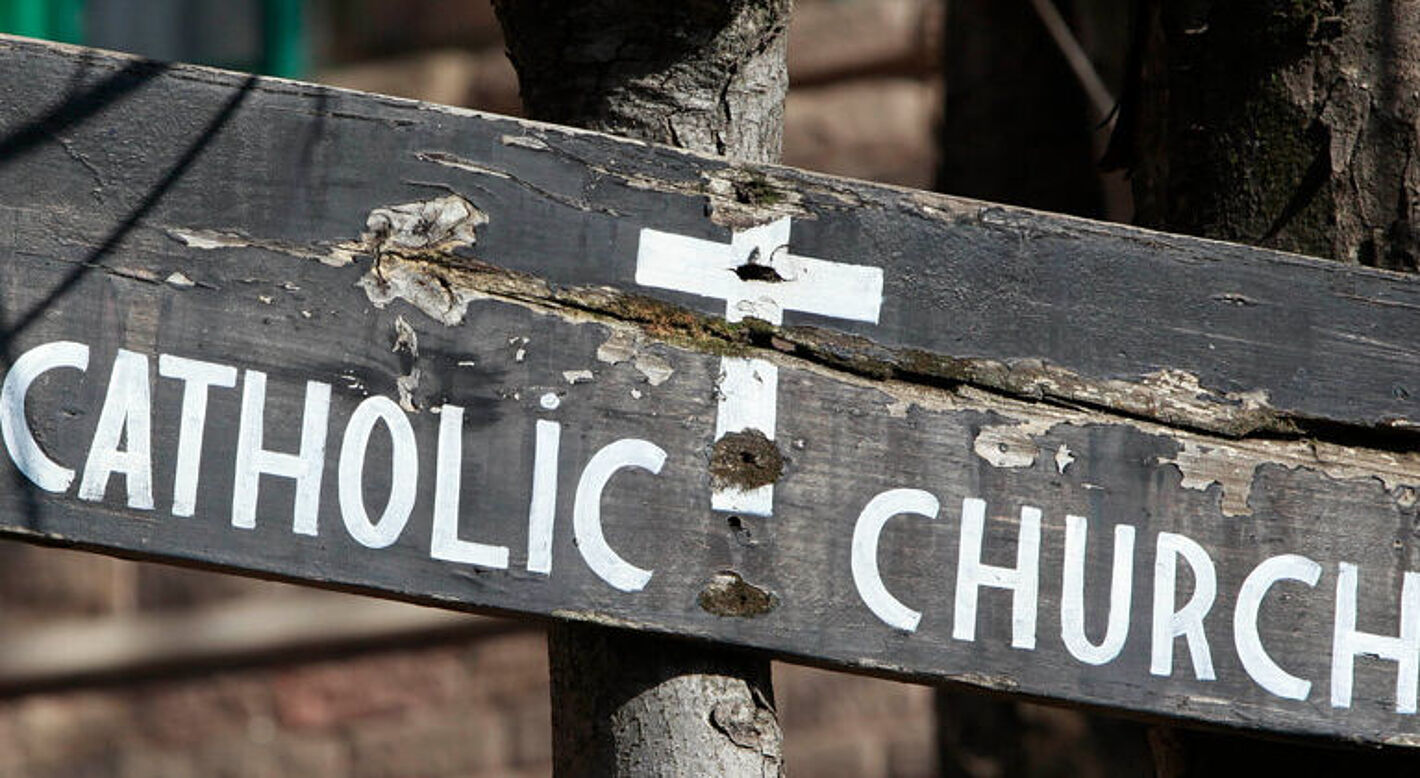
Netzwerk Pastoral Afrika
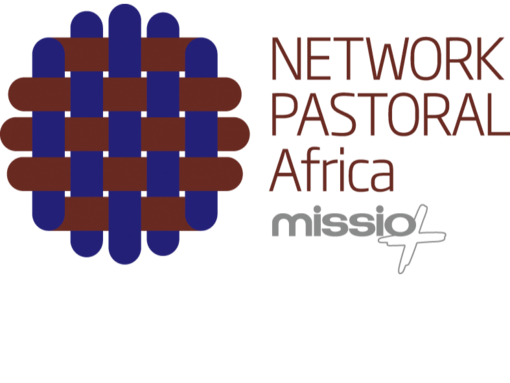
Das erste Treffen des Netzwerk Pastoral Afrika fand 2013 in Südafrika statt. Seither kommen Vertreterinnen und Vertreter afrikanischer Pastoralinstitute jährlich zusammen, um ein aktuelles Thema mit Blick auf die pastorale Arbeit in ihren Ländern zu vertiefen und zu diskutieren. Neben der thematischen Arbeit ist der Austausch über die Angebote und Herausforderungen der jeweiligen Institute ein wichtiges Element der Treffen. Besonderes Augenmerk legen die Teilnehmerinnen und Teilnehmer auf die Situation der vielen jungen Menschen in den afrikanischen Ländern.
Netzwerktreffen Pastoral Afrika 2020 – Lusaka
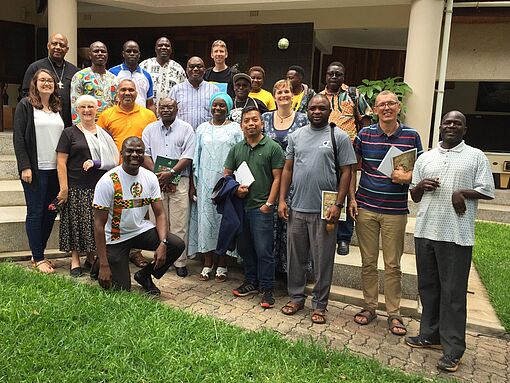
Das siebte Treffen des Netzwerks Pastoral Afrika fand vom 14. bis 17. Februar 2020 in Lusaka (Sambia) statt. An der Zusammenkunft nahmen die Direktoren von 15 Pastoralinstituten teil. Vertreten waren Pastoralinstitute aus Togo, Ghana, Kenia, Mali, Malawi, Mosambik, Sambia, Simbabwe, Tansania und Südafrika. Ausgerichtet wurde das Treffen durch das Faith and Encounter Centre in Lusaka, welches von den Weißen Vätern (Gesellschaft der Missionare von Afrika) gegründet wurde.
Inhaltlich stand das Treffen unter dem Thema „Health, Healing and Deliverance with regard to Charismatic/Pentecostal Churches“. Vor diesem Hintergrund diskutierten die Netzwerkmitglieder die Gründe für die zunehmende Attraktivität pentekostaler Kirchen in Afrika.
missio war am Netzwerktreffen durch Marita Wagner vertreten.
Netzwerktreffen Pastoral in Afrika
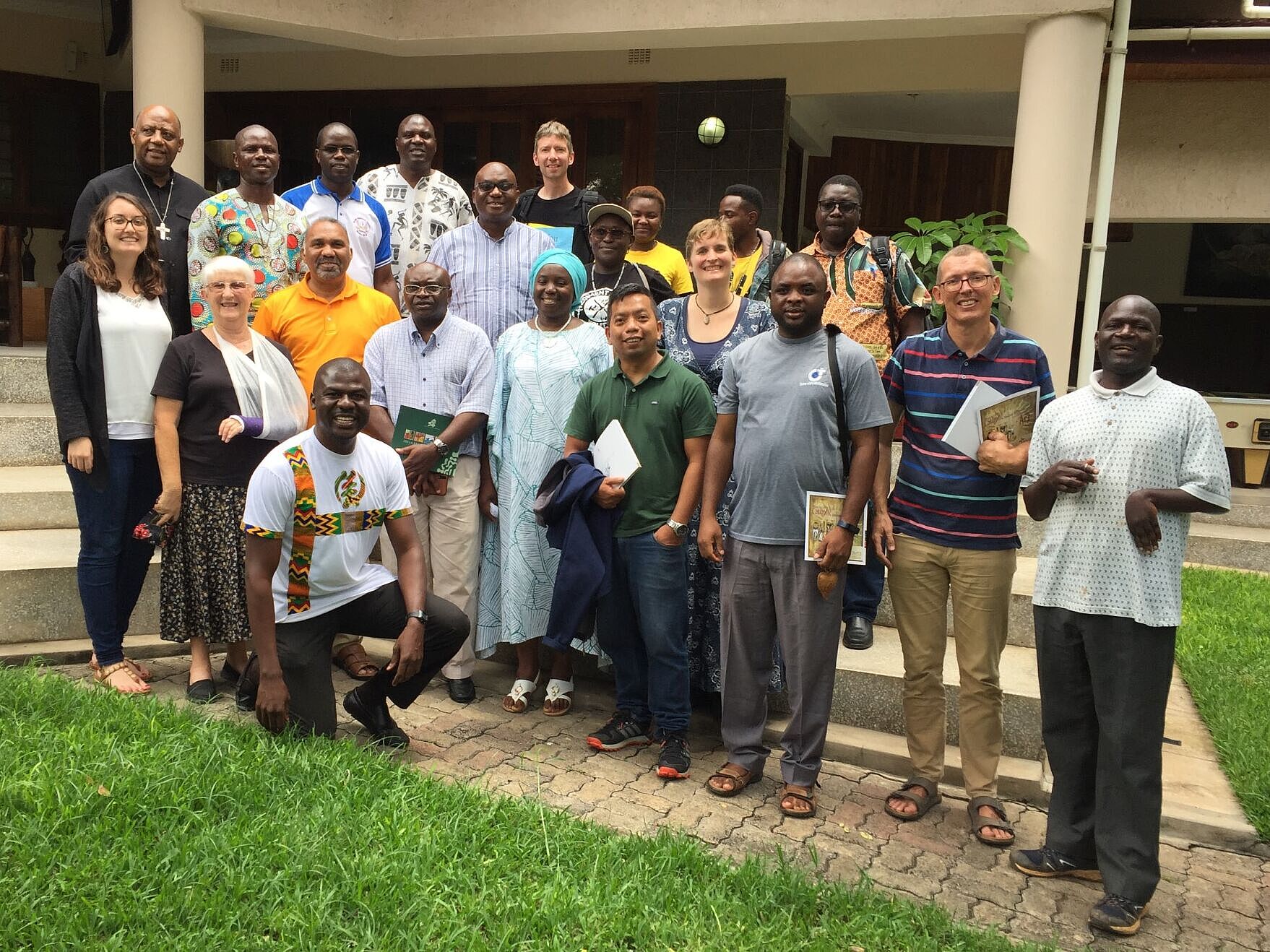
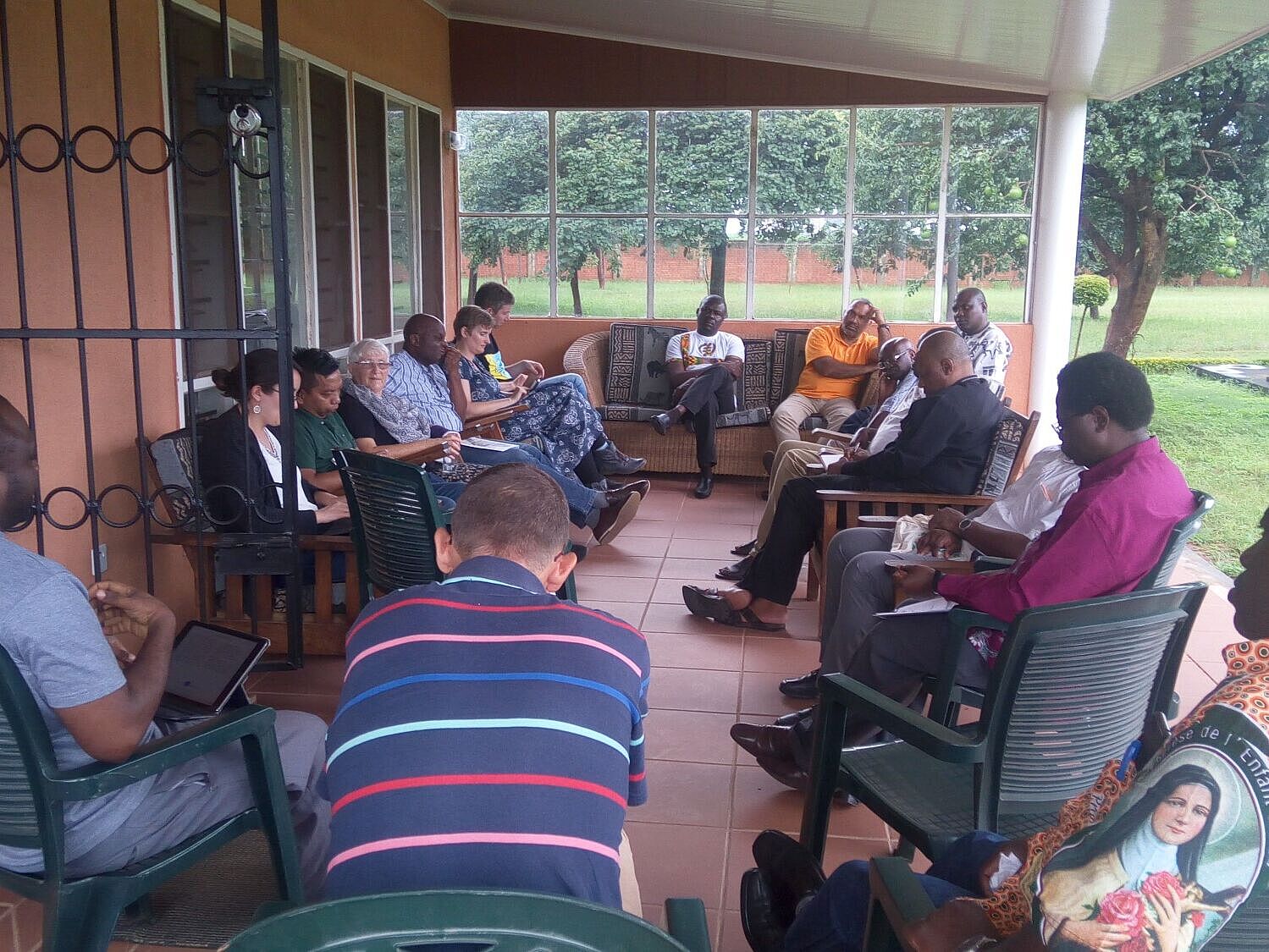
Das siebte Treffen des Netzwerks Pastoral Afrika fand vom 14. bis 17. Februar 2020 in Lusaka (Sambia) statt. An der Zusammenkunft nahmen die Direktoren von 15 Pastoralinstituten teil. Vertreten waren Pastoralinstitute aus Togo, Ghana, Kenia, Mali, Malawi, Mosambik, Sambia, Simbabwe, Tansania und Südafrika. Ausgerichtet wurde das Treffen durch das Faith and Encounter Centre in Lusaka, welches von den Weißen Vätern (Gesellschaft der Missionare von Afrika) gegründet wurde.
Inhaltlich stand das Treffen unter dem Thema „Health, Healing and Deliverance with regard to Charismatic/Pentecostal Churches“. Vor diesem Hintergrund diskutierten die Netzwerkmitglieder die Gründe für die zunehmende Attraktivität pentekostaler Kirchen in Afrika. Dies war verbunden mit einer selbstkritischen Analyse der teils fehlenden pastoralen Angebote innerhalb der eigenen katholischen Kirche und deren (Un-)fähigkeit, die Sprache ihrer Gläubigen zu sprechen. Es zeigte sich insbesondere, dass der Sehnsucht nach Heilung der oftmals seelisch verwundeten und marginalisierten gläubigen Afrikanerinnen und Afrikaner innerhalb der katholischen Tradition nicht genügend Aufmerksamkeit geschenkt wird. Auf diese Weise wurden mit Blick auf das Verständnis von Heilung und Erlösung Gemeinsamkeiten und Unterschiede zwischen der katholischen Kirche und pentekostalen Gemeinschaften in Afrika gezogen. Teil der Konferenz war außerdem der Gottesdienstbesuch in der pentekostalen Kirche „Bread for Life“ (Brot des Lebens), der mit rund 11.000 Kirchenmitgliedern größten pentekostalen Kirche in ganz Sambia. Im Anschluss daran fand ein theologischer Austausch zwischen den Netzwerkpartnerinnen und -partnern sowie dem verantwortlichen Kirchenvorstand von „Bread for Life“ statt.
missio war am Netzwerktreffen durch Marita Wagner vertreten.
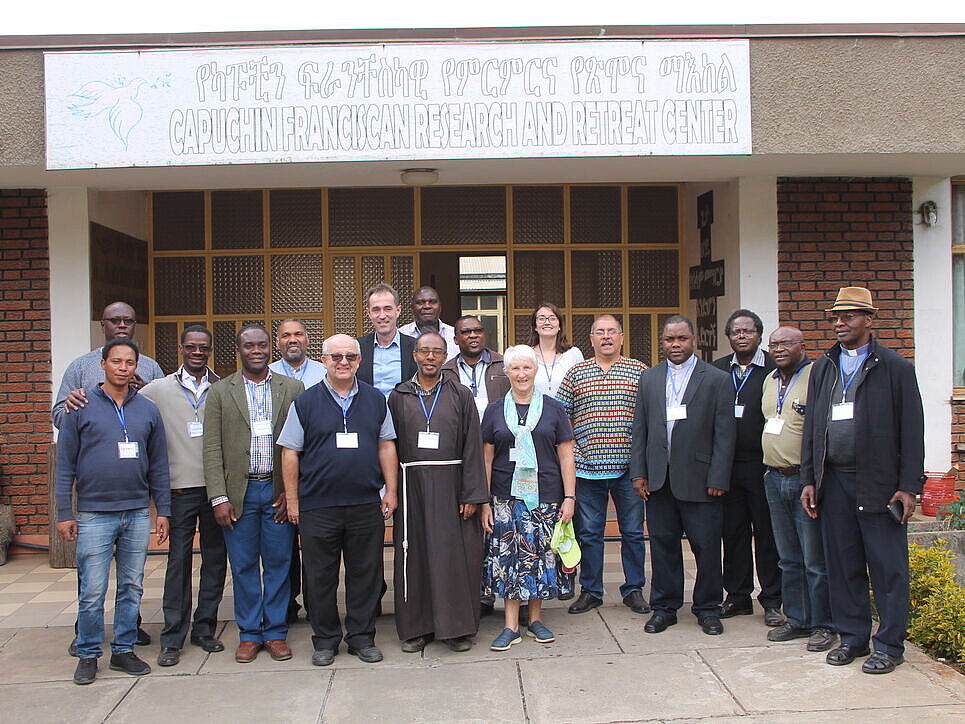
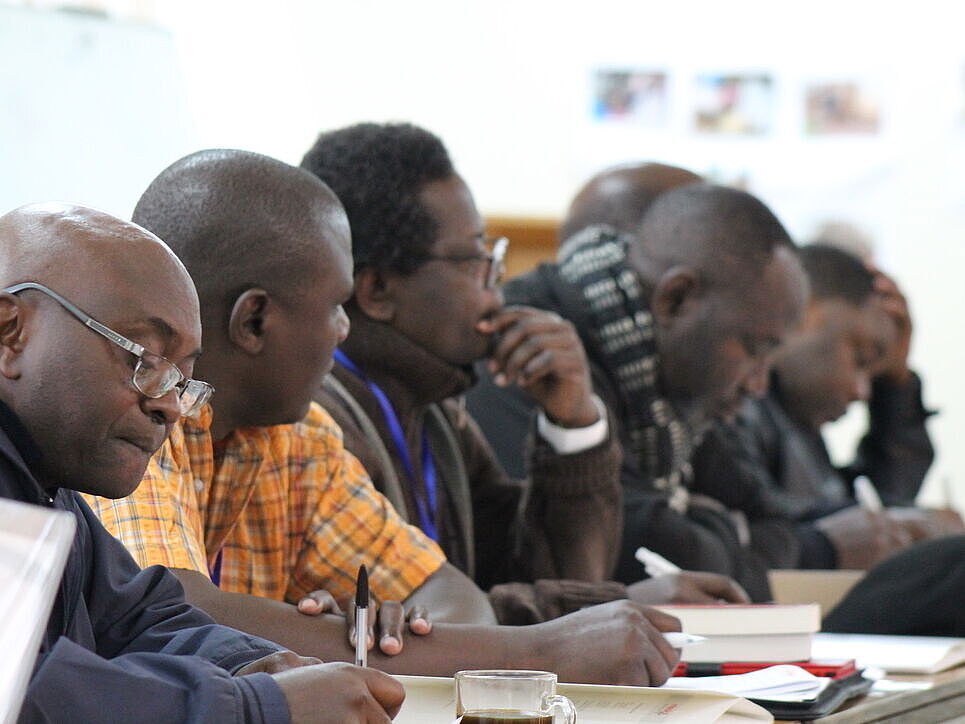
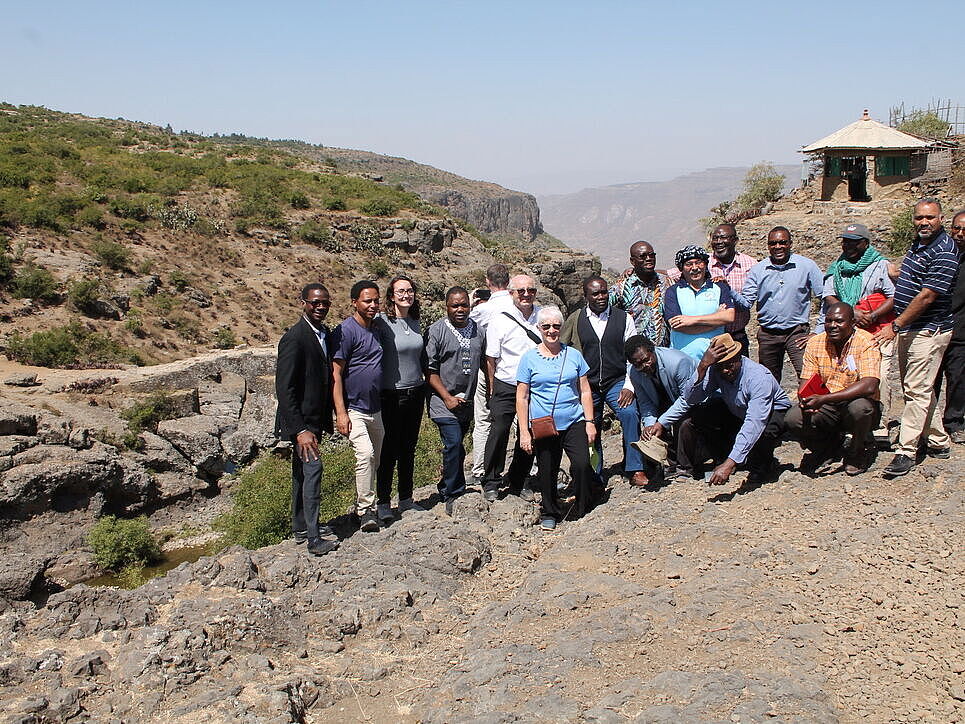
Das sechste Treffen des Netzwerks Pastoral Afrika fand vom 8. bis 11. Februar 2019 in Addis Abeba (Äthiopien) statt. An der Zusammenkunft nahmen die Direktoren von 14 Pastoralinstituten teil. Vertreten waren Pastoralinstitute aus Äthiopien, Ghana, Kenia, Mali, Malawi, Mosambik, Nigeria, Sambia, Simbabwe, Südafrika, Tansania und Togo.
Inhaltlich stand das Treffen unter dem Thema „African Oral Cultures and Evangelization“. Im Rahmen des Netzwerktreffens wurde die Bedeutung der oral überlieferten äthiopischen Dichtkunst für das äthiopische Christentum erörtert. Dabei präsentierte der äthiopische Gastgeber, Dr. Daniel Assefa zusammen mit seinen Mitarbeitern die aktuellen Ergebnisse ihrer zu diesem Thema durchgeführten Feldforschung. Dabei handelt es sich um einen interkonfessionellen Ansatz, der das äthiopisch-orthodoxe mit dem katholischen Christentum in Dialog bringt. Die Studie nimmt traditionelle Schulen in den Blick, an denen liturgische Musik sowie sakrale Tänze gelehrt werden. Besonders fokussiert sie sich auf die Signifikanz sogenannter Poetry (= Poesie, Dichtung) Schools, an denen die Dichtkunst (Quinea in Amharik) unterrichtet wird. In ihren Vorträgen stellten die Referenten verschiedene dieser Schulen vor, die sie während ihrer Forschungen besucht hatten. Dabei verwiesen sie auf die Funktionen der Poesie sowie die Kontexte und Anlässe, innerhalb bzw. zu denen die Dichtkunst praktiziert wird. Darüber hinaus wurde auf die konkrete Ausgestaltung dieses Unterrichtskonzeptes eingegangen.
Im Kontext der Präsentation der bisherigen Forschungsarbeiten standen drei Fragen im Mittelpunkt: Ist Qinea, die Kunst des Dichtens, eine Form des Theologisierens? Worin bestehen die Vorteile eines poetischen Theologisierens? Und Drittens: wie lassen sich die traditionelle Ausbildung, die auf oralen Überlieferungen basiert, und die moderne Ausbildung nach westlichen Standards in Einklang bringen? Durch die Vorträge wurden kulturelle Schätze des äthiopischen Christentums offengelegt, welche zunehmend in Vergessenheit zu geraten drohen. Ziel der Vorstellung der Feldforschung war es, aufzuzeigen, dass sich die alte äthiopische Tradition der Dichtung in besonderer Weise aus theologisch-biblischem Quellmaterial speist und somit großes Potential in sich birgt, das moderne theologische Curriculum auf kreative Weise inhaltlich zu komplementieren und neu zu erschließen.
missio war am Netzwerktreffen durch Marita Wagner sowie Prof. Dr. mult. Klaus Vellguth vertreten.
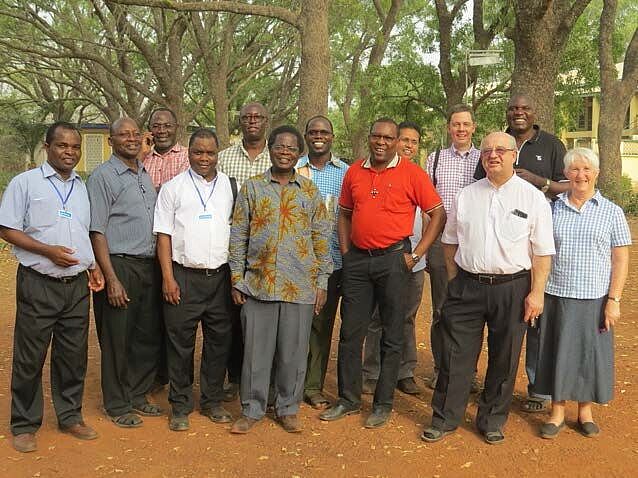
Das fünfte Treffen des Netzwerks Pastoral Afrika fand vom 2. bis 5. Februar 2018 in Tamale (Ghana) statt. An der Zusammenkunft nahmen die Direktoren von 13 Pastoralinstituten teil. Vertreten waren Pastoralinstitute aus Kenia, Nigeria, Ghana, Malawi, Tansania, Simbabwe und Sambia.
Inhaltlich stand das Treffen unter dem übergeordnetem Thema „Youth and Family Life in Africa today: Lessons from Amoris Laetitia“. In vier einleitenden Impulsreferaten wurden die Unterthemen „The Youth and the Challenges of the Charismatic-Pentecostal Churches“, „Youth Unemployment in Africa: What Role can the Church play?“, „Love and Marriage: Experiences and Challenges of married Couples in contemporary Africa“ sowie “Child Labour, the Family and the Politics of Work” präsentiert. Vor diesem Hintergrund setzten die Direktoren der Pastoralinstitute die gemachten Erfahrungen und Herausforderungen in ihren je spezifischen Landeskontext und analysierten diese. Dabei nahmen sie unter anderem Bezug auf das Vorbereitungsdokument (Lineamenta) für die Jugendsynode, welche vom 03. – 28.10.2018 in Rom stattfand. In diesem Rahmen wurden auch die Ergebnisse der Konsultation der AMECEA-Länder (Association of Member Episcopal Conferences in Eastern Africa) für den Lineamenta-Bericht vorgestellt und diskutiert.
missio war am Netzwerktreffen durch Dr. Stefan Voges vertreten.
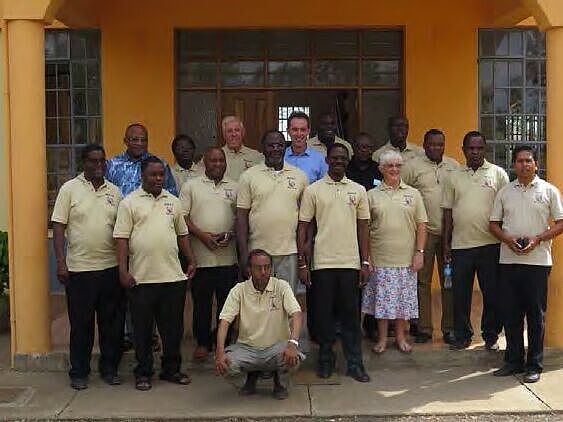

Das vierte Treffen des Netzwerks Pastoral Afrika fand vom 3. bis 6. Februar 2017 in Arusha (Tansania) statt. An der Zusammenkunft nahmen die Direktoren von 14 Pastoralinstituten teil. Vertreten waren Pastoralinstitute aus Äthiopien, Kenia, Ghana, Nigeria, Mali, Malawi, Nigeria, Mozambique, Tansania, Sambia und Simbabwe.
Die Teilnehmer des Treffens beschäftigten sich mit der Enzyklika Laudato Si‘ und deren theologischen Bedeutung für die Arbeit der Pastoralinstitute in Afrika. Nach einer ersten Analyse des päpstlichen Dokuments erfolgte eine afrikanische Kontextualisierung dessen. Dabei wurden unter anderem die ökologischen Herausforderungen thematisiert, die sich speziell mit Blick auf die afrikanische Lebenswirklichkeit identifizieren lassen. Als Reaktion darauf wurde die Notwendigkeit einer ökologischen Bewusstseinsschulung und erneuerten Spiritualität formuliert. Dieses Umdenken drücke sich beispielweise im Schutz einheimischer Bäume und dem Pflanzen neuer Bäume aus. Auch eine achtsame Mülltrennung wurde als konkrete Umsetzung eines Schöpfungsbewusstseins genannt. Darüber hinaus wurden Schöpfungsmythen der Traditionellen Afrikanischen Religionen mit der biblischen Schöpfungsgeschichte in Dialog gebracht.
Um den Forderungen der Enzyklika Laudato Si’s noch besser nachkommen zu können, schlugen die Netzwerkpartner vor, auf kulturelle Werte zurückzugreifen, die bereits die Sorge für die Umwelt achten und fördern. Institute wie das Tamale Institute of Cross Cultural Studies in Tansania bieten Kursprogramme zu Öko-Spiritualität und Umweltfragen an, die sie gemeinsam mit der staatlichen Environmental Protection Agency durchführen. Die Teilnehmer lernen in diesen Kursen eine positive und fürsorgliche Einstellung gegenüber ihrer direkten Umwelt zu entwickeln. Zu einer erneuerten Einstellung gegenüber der Natur gehört auch die Erhaltung von natürlichen Ressourcen sowie der Stätten des Weltkulturerbes.
missio war am Netzwerktreffen durch Prof. Dr. mult. Klaus Vellguth sowie Dr. Stefan Voges vertreten.
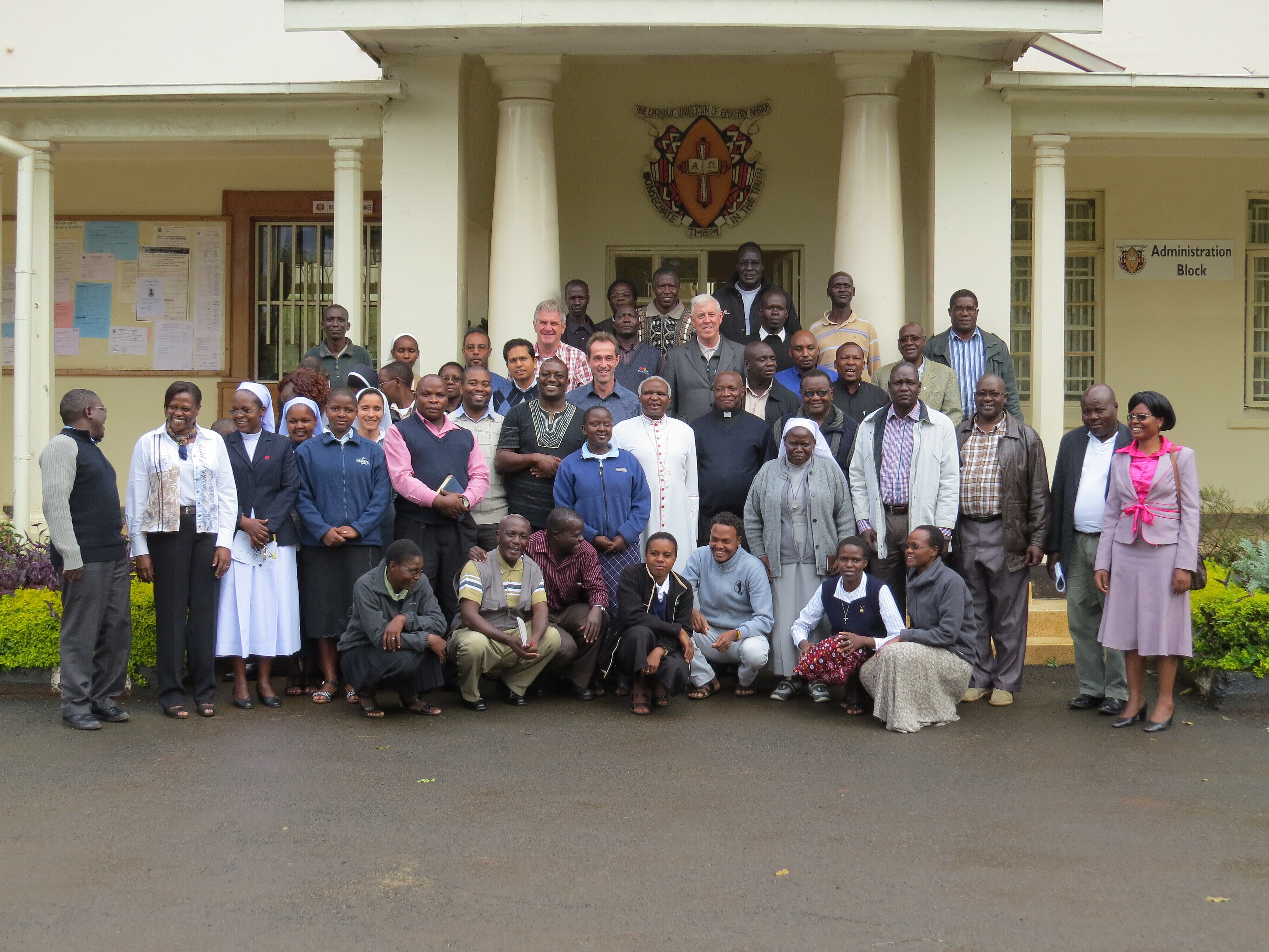
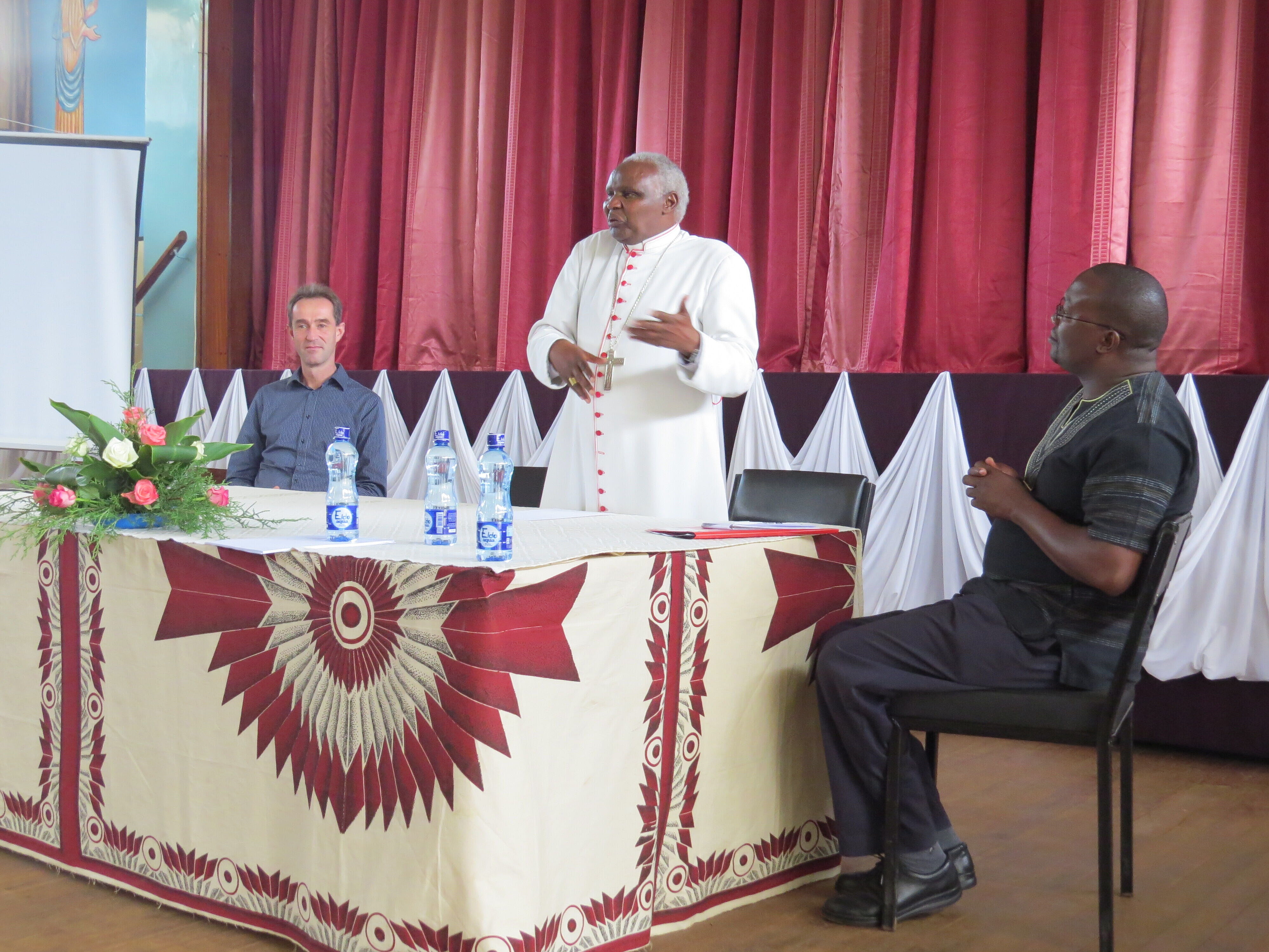
Das dritte Treffen des Netzwerks Pastoral Afrika fand vom 6. bis 9. November 2015 in Eldoret (Kenia) statt. An der Zusammenkunft nahmen die Direktoren von zehn Pastoralinstituten teil. Vertreten waren Pastoralinstitute aus Äthiopien, Kenia, Ghana, Nigeria, Mozambique, Tansania und Sambia.
Das Treffen thematisierte die Bedeutung des 2013 von Papst Franziskus veröffentlichen Apostolischen Schreibens Evangelii Gaudium für den afrikanischen Kontinent und dessen pastorales Selbstverständnis. Als ein erster Zugang zu einer interkulturellen Lesart des Schreibens diente die in Afrika stark rezipierte Metapher der Kirche als Familie Gottes, welche bereits durch die erste Afrikasynode 1994 aufgegriffen worden waren. Daran anschließend wurde die Bedeutung Evangelii Gaudiums für die Arbeit der afrikanischen Pastoralinstitute erschlossen. Ausführlicher wurde dabei das AMECEA Pastoral Institute vorgestellt, welches zugleich als Veranstaltungsort des Treffens diente. Dieses setzt sich für den Auf- und Ausbau von Kleinen Christlichen Gemeinschaften (KCG) ein, die das Bild der Familie Gottes abermals abbilden. Neben Forschungsprojekten und Publikationen zur Rolle der KCGs werden auch Workshops und Intensivkurse zu diesem Thema veranstaltet. Daneben wurde eine Initiative der Little Sisters of St. Francis of Assisi (LSOSF) in Kenia vorgestellt, die auf die pastorale Seelsorge von hörbehinderten Menschen zielt.
missio war am Netzwerktreffen durch Prof. Dr. mult. Klaus Vellguth, Dr. Norbert Nagler sowie Dr. Stefan Voges vertreten.
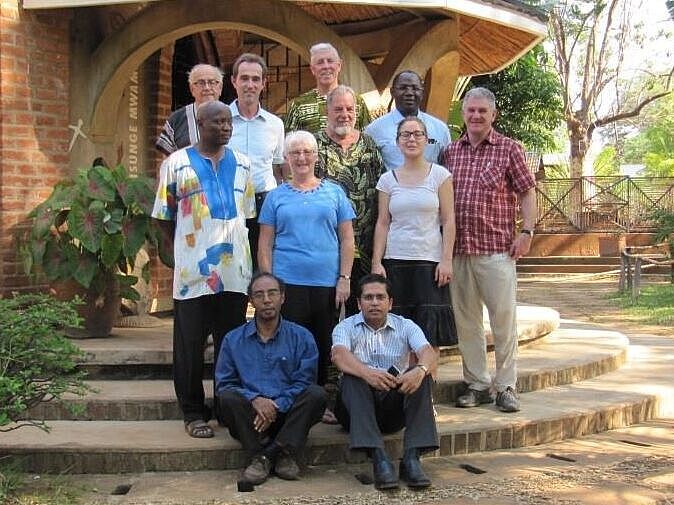
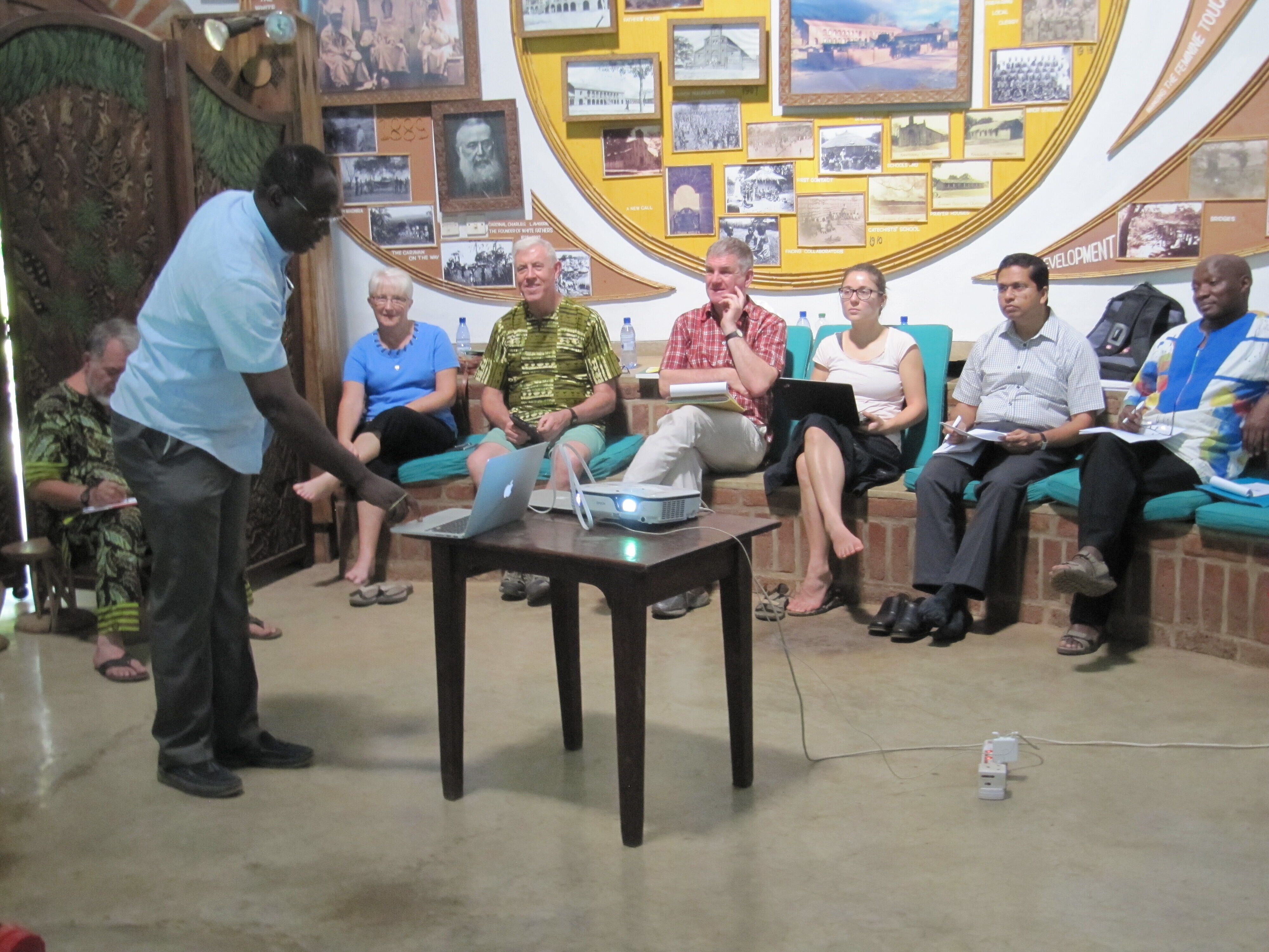
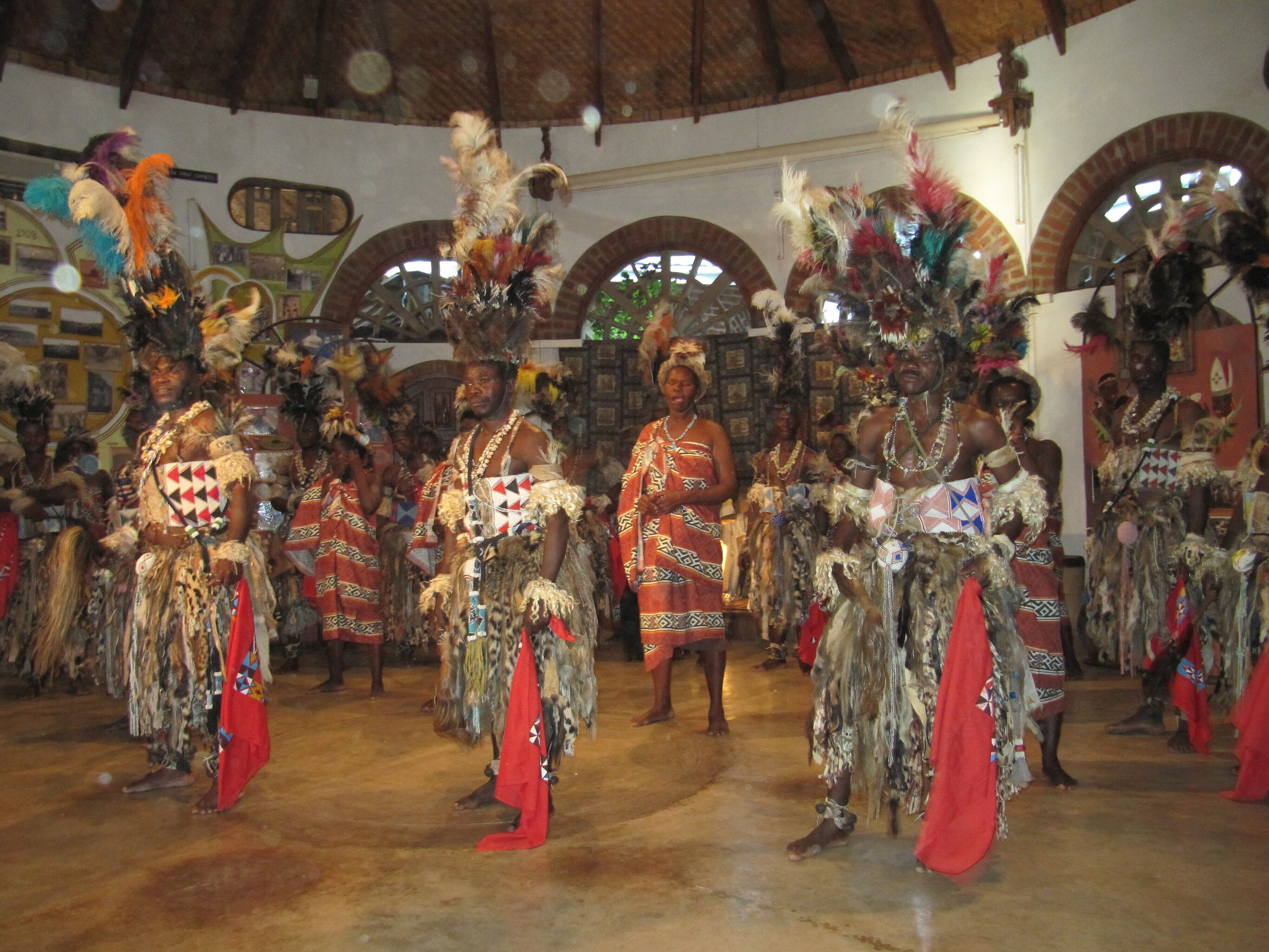
Das zweite Treffen des Netzwerks Pastoral Afrika fand vom 22. bis 27. November 2013 in Lilongwe/Mua (Malawi) statt. An der Zusammenkunft nahmen die Direktoren von acht Pastoralinstituten teil. Vertreten waren Pastoralinstitute aus Äthiopien, Kenia, Malawi, Nigeria, Mozambique, Tansania und Simbabwe.
Das Treffen diente den Netzwerkpartnern dazu, sich über die Herausforderungen einer inkulturierten Theologie im afrikanischen Kontext auszutauschen. Nachdem die Teilnehmer einander ihre Institute und die dortigen Anforderungen einer inkulturierten Theologie an das jeweilige Ausbildungs- und Forschungsprogramm vorgestellt hatten, zogen sie in einem abschließenden Statement folgendes Fazit:
„Inculturation is an on-going dialogue between Gospel and Culture, given that religion and culture can never be divided. Inculturation is a holistic and dynamic process, involving all dimensions of life, such as peace and justice, economics, gender, ecology, interreligious dialogue, art and liturgy.
Inculturation focuses on the past, present and future by empowering people to face the challenges of their lives based on Gospel values. Inculturation in Africa can be enriched by specific African views of humanity such as Ubuntu philosophy. Culture on the one hand gives flesh to the Gospel, and on the other hand, people are empowered to critique the culture in the light of the Gospel.
Everyone who is taking part in the process of inculturation is at the same time evangelizer and being evangelized. The basic attitudes required are awareness, respect, openness, love and passion.
After having reflected upon it in the African context, we see inculturation as an important aspect and integral part of the work and curricula of our pastoral institutes.“
missio war am Netzwerktreffen durch Prof. Dr. mult. Klaus Vellguth, Dr. Norbert Nagler sowie Monika Kling vertreten.
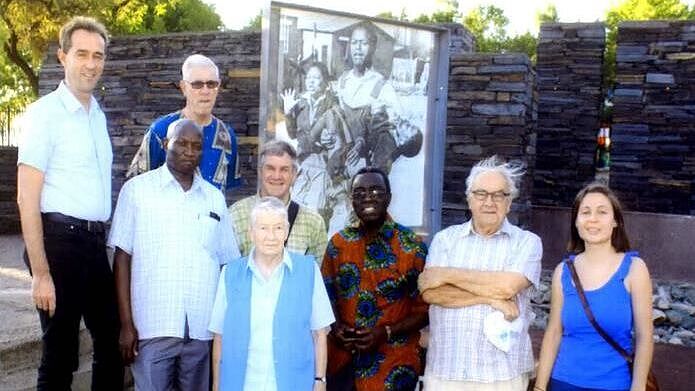
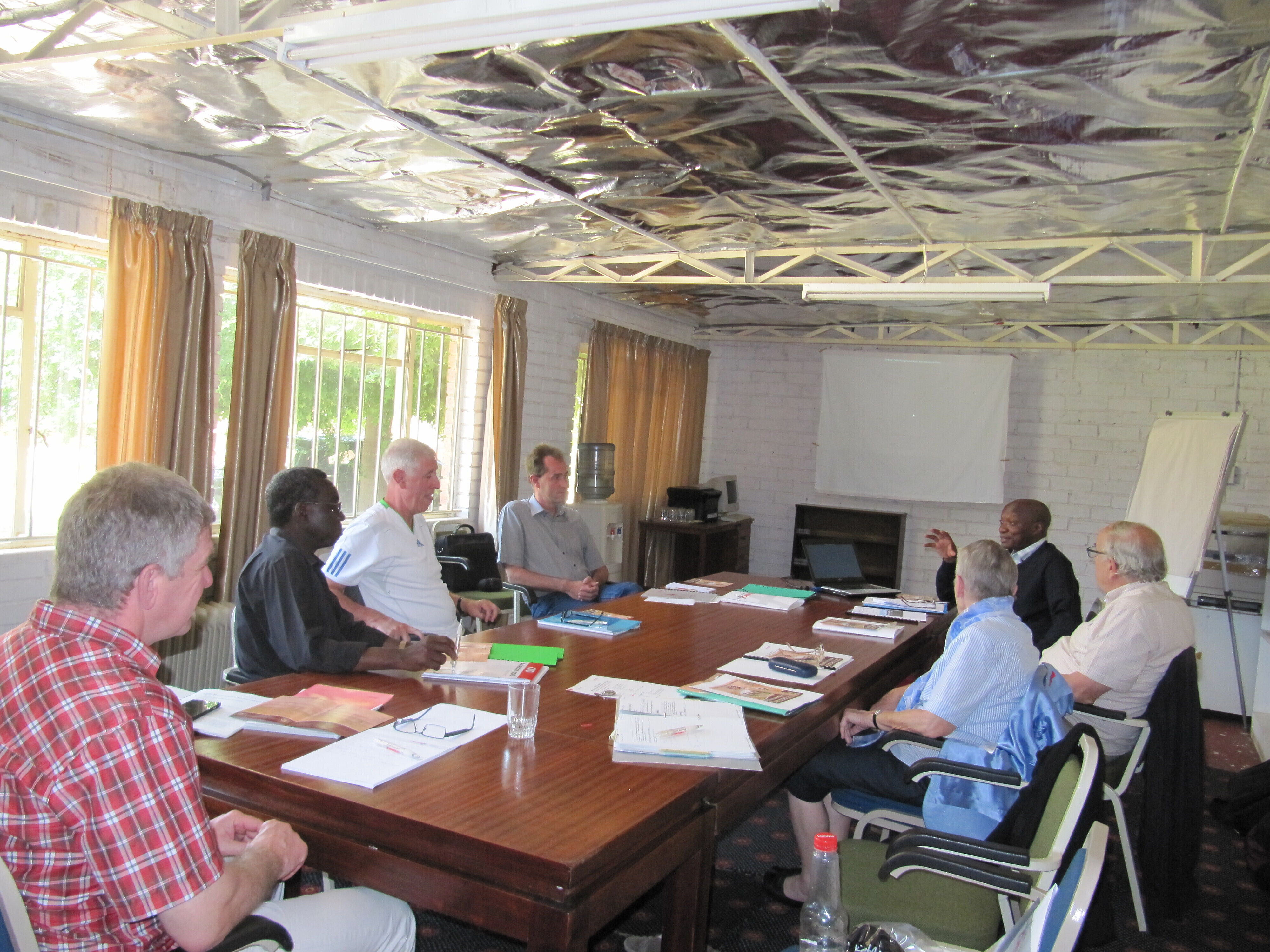
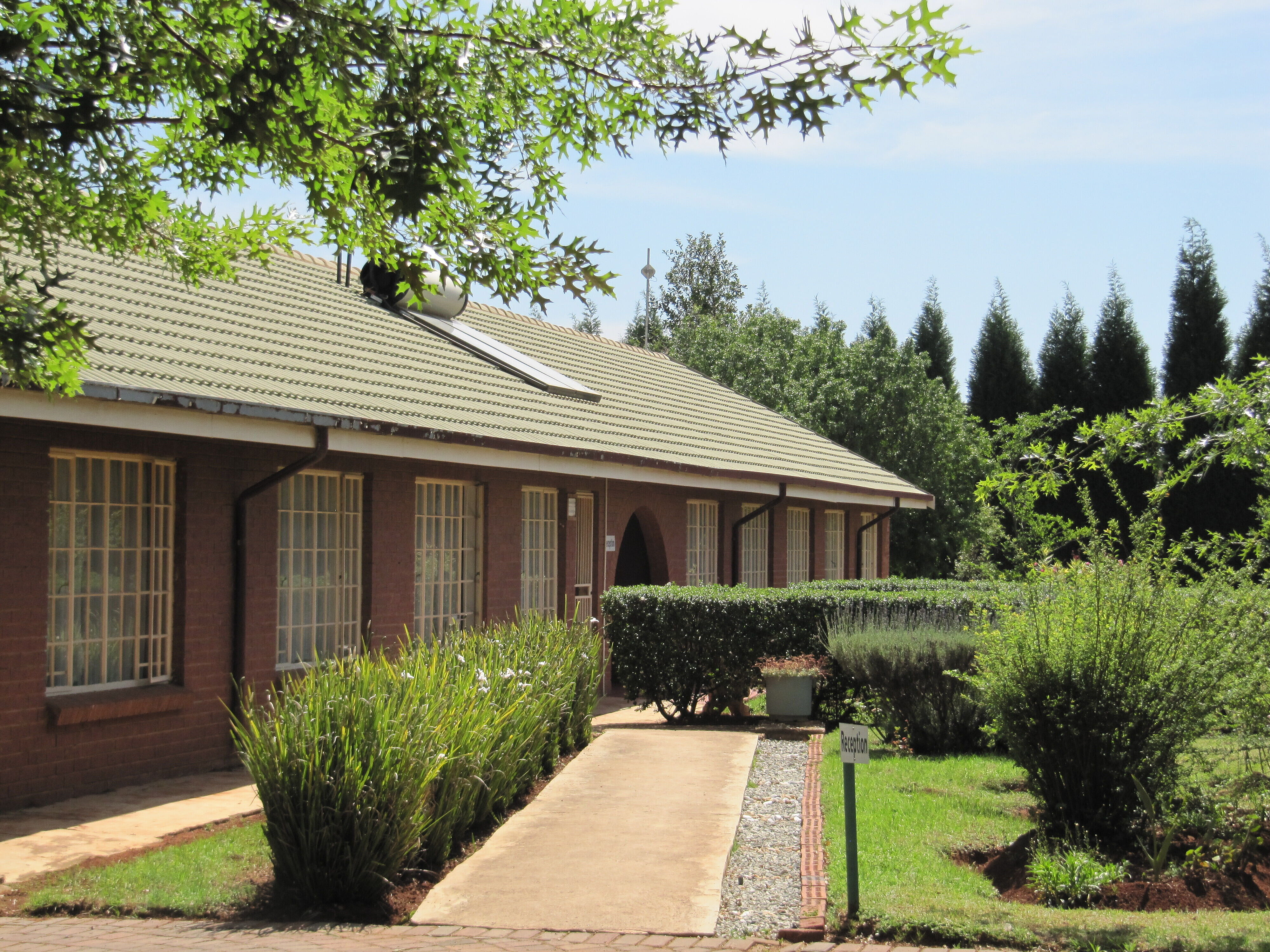
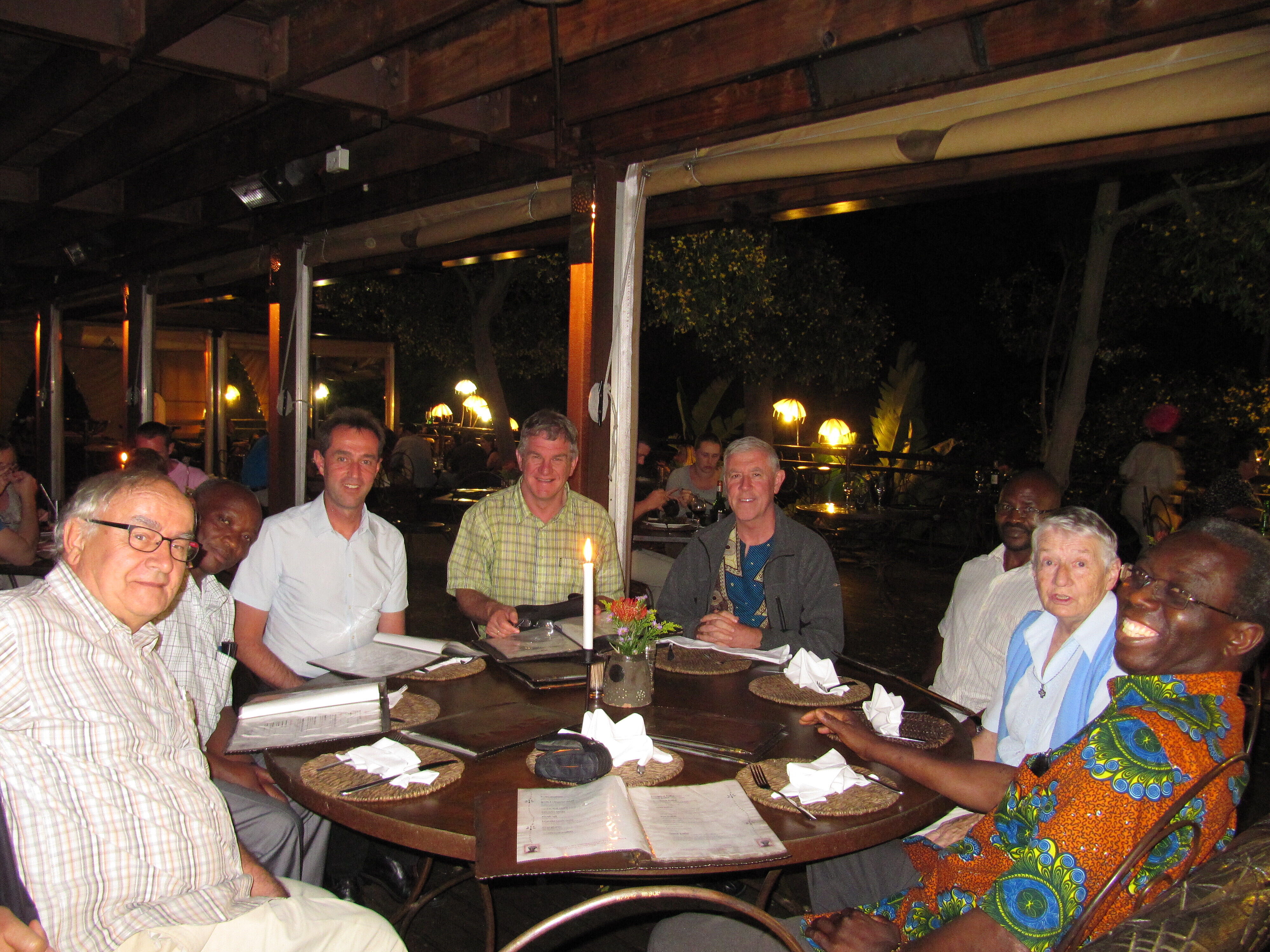
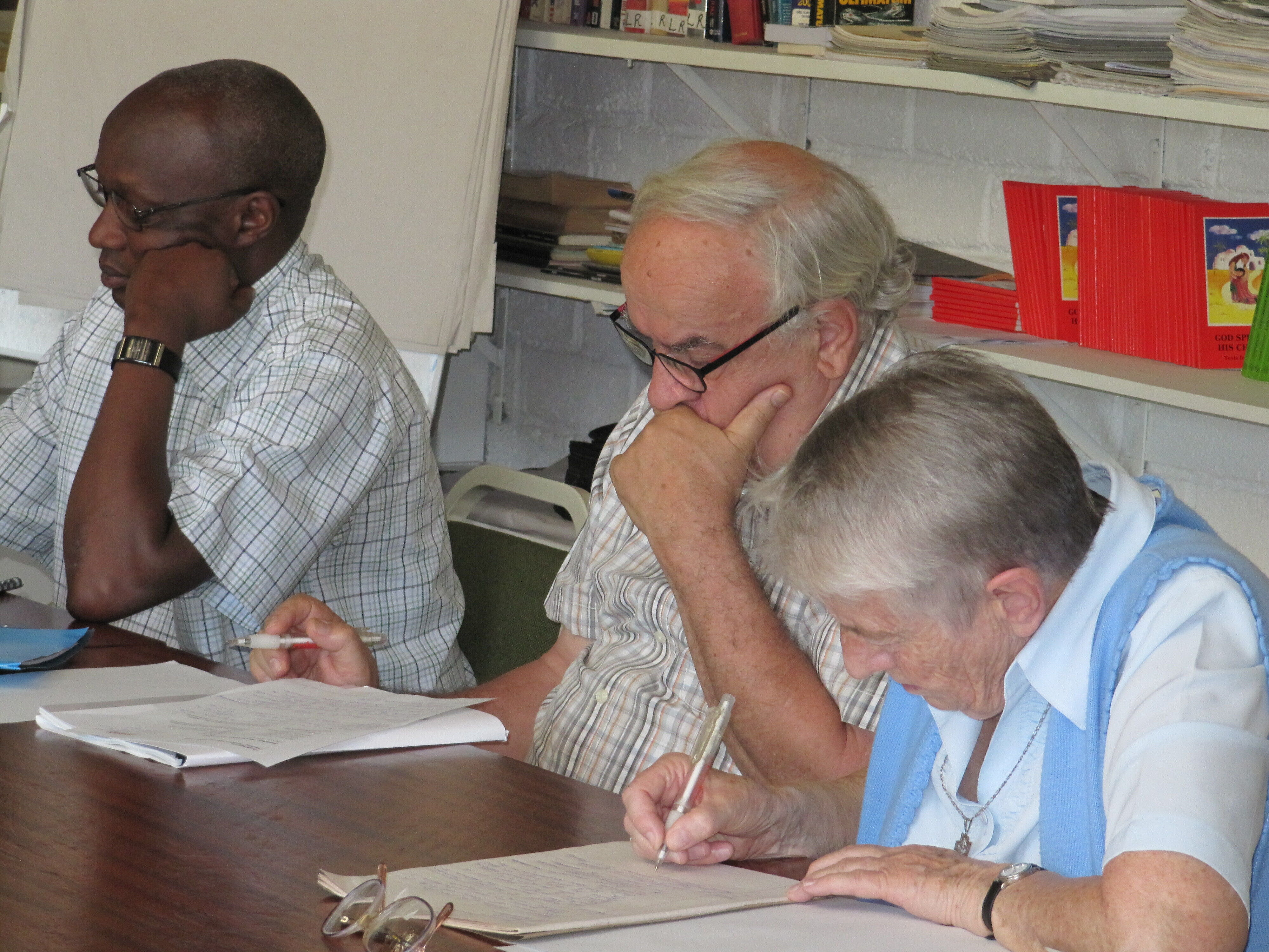
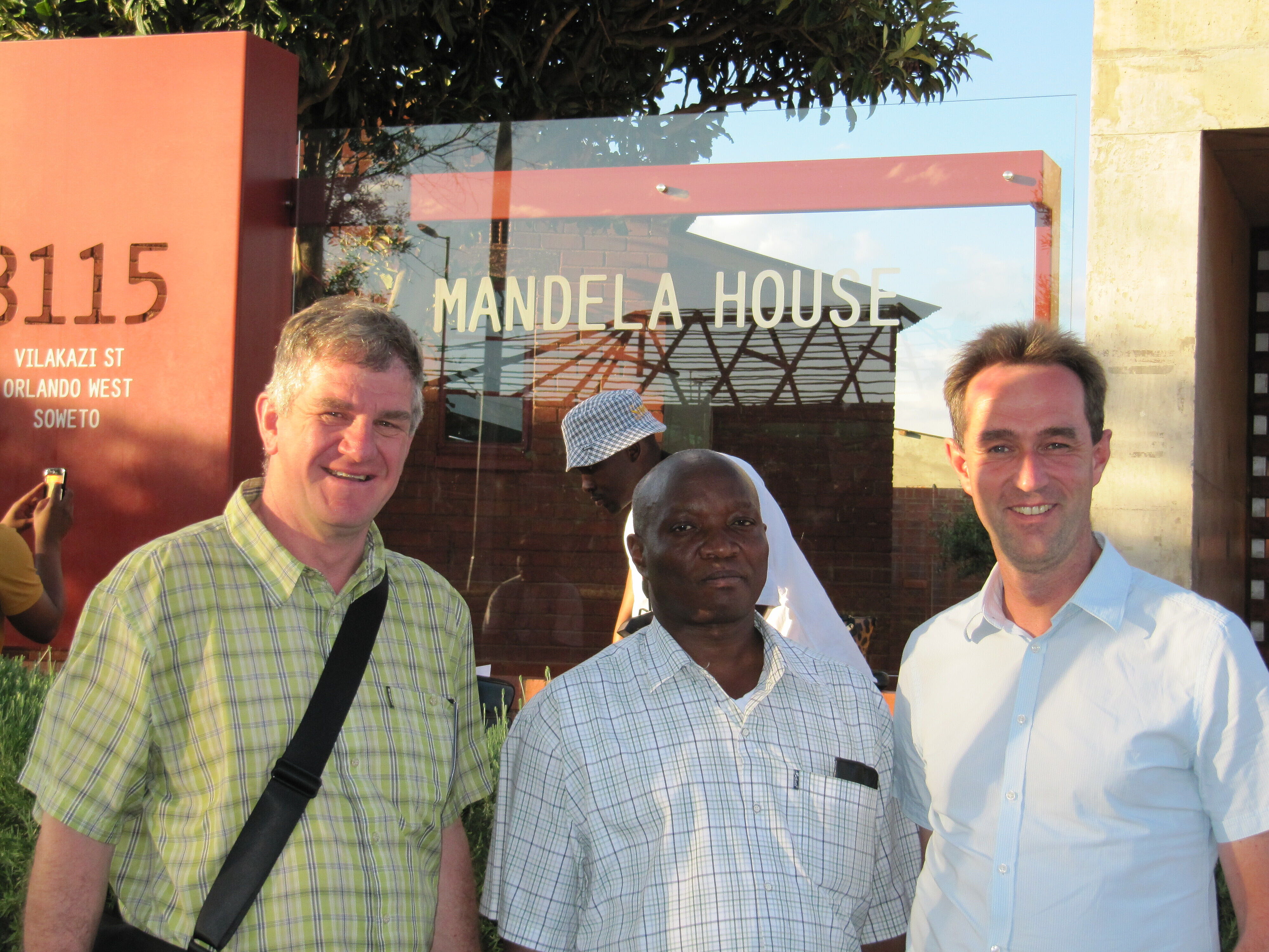
Das erste Treffen des Netzwerks Pastoral Afrika fand vom 8. bis 10. November 2013 in Johannesburg (Südafrika) statt. An der Zusammenkunft nahmen die Direktoren von fünf Pastoralinstituten teil. Vertreten waren Pastoralinstitute aus Kenia, Malawi, Mozambique, Südafrika und Simbabwe.
Das erste Netzwerktreffen diente der gegenseitigen Präsentation der Arbeitsschwerpunkte sowie Curricula der Institute. Diskutiert wurde darüber hinaus, was das spezifisch – in diesem Fall – afrikanische Verständnis von Pastoral ausmacht und wie dieses die Arbeit der einzelnen Institute prägt. Als Verständnis von Pastoral im afrikanischen Kontext wurde festgehalten:
Following Christ in our day today engagement in all sphere of life = political, social and economic. Accepting Christ and making him known to all, in all spheres of life. Christ has to speak to humanity in all circumstances. So Pastoral is a tool for Christ to be known.
Pastoral activity is being with and cooperating with others in our journeys to be fully alive through a life founded in friendship with Jesus – a friendship which has to be shared and lived with and through others.
Following the Option for the poor Pastoral Work is eager to bring the people life in its fullness (Jn 10.10). More and more people enable themselves, knowing and discovering Jesus in their lives and acting in the society like Jesus did. Together with the people, Pastoral Work supports the growth of faith, self-consciousness and spirituality of the individuals and the communities. This may be the solid ground to make the Kingdom of God reality. Work supports the growth of faith, self-consciousness and spirituality of the individuals and the communities. This may be the solid ground to make the Kingdom of God reality.
Pastoral attempts to help people live lives of human dignity, to be fully alive and life-giving in community. It is inspired by Jesus and sees his project of the “kingdom (reign) of God” as our shared destination. It appreciates the Catholic Church as a part realization of and privileged tool towards this “Kingdom”. It embraces all aspects of life holistically and respects cultural diversity, opts for the poor and works towards the common good. Practically it uses the pas-toral cycle approach.
Pastoral is a multifaceted concept that describes various activities of the Church that seek or aim at making the realities/ vision of the Kingdom of God proclaimed of Jesus Christ mean-ingful, relevant, present, tangible, here and now so that the people among whom those activities are carried out or to whom the activities are directed may have/ experience life and have it to the full.
In its pastoral ministry the church realizes it’s mission to be a sacrament in the world, a sign and instrument for the Kingdom of God. In the African context any pastoral approach is obliged to follow the option for the poor and aims at changing oppressing and exploiting realities so that people can experience the fullness of life which was pronounced by Jesus Christ.
To be pastoral, a human being, deeply in touch with Christ, is urged of His love to reach out to stress. This outreach is an expression of an individual’s own giftedness. It can take the form of humanitarian acts, research of the root causes of inequality, education in the best sense of the word “educare” or any other involvement which enhances the dignity and freedom of the human person.
The main focus of a true pastoral should be “the fear, the needs and the joys… of all human beings” (cf. GS, Nr. 1). The preferential option for the poor or marginalized children, women and men is a very important filter for all pastoral work. All people, no matter whether they are catholic, Christian, or whether they belong to other religions may take part in our prophetic work for the Kingdom of God. Jesus Christ is the starting point for the people of god’s mission; he is an idol, a friend and accompanies us. We aim for all people being fully alive. May the Holy Spirit help us!
missio war am Netzwerktreffen durch Prof. Dr. mult. Klaus Vellguth, Dr. Norbert Nagler sowie Monika Kling vertreten.
Pastoralinstitute des „Netzwerk Pastoral Afrika”
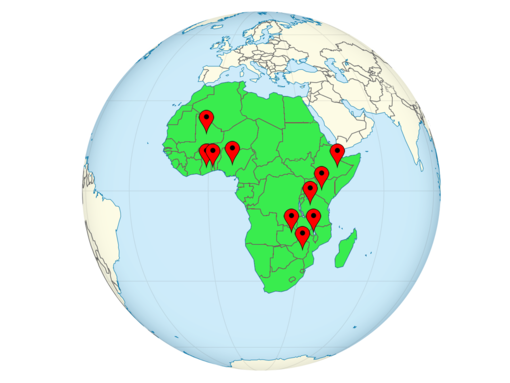
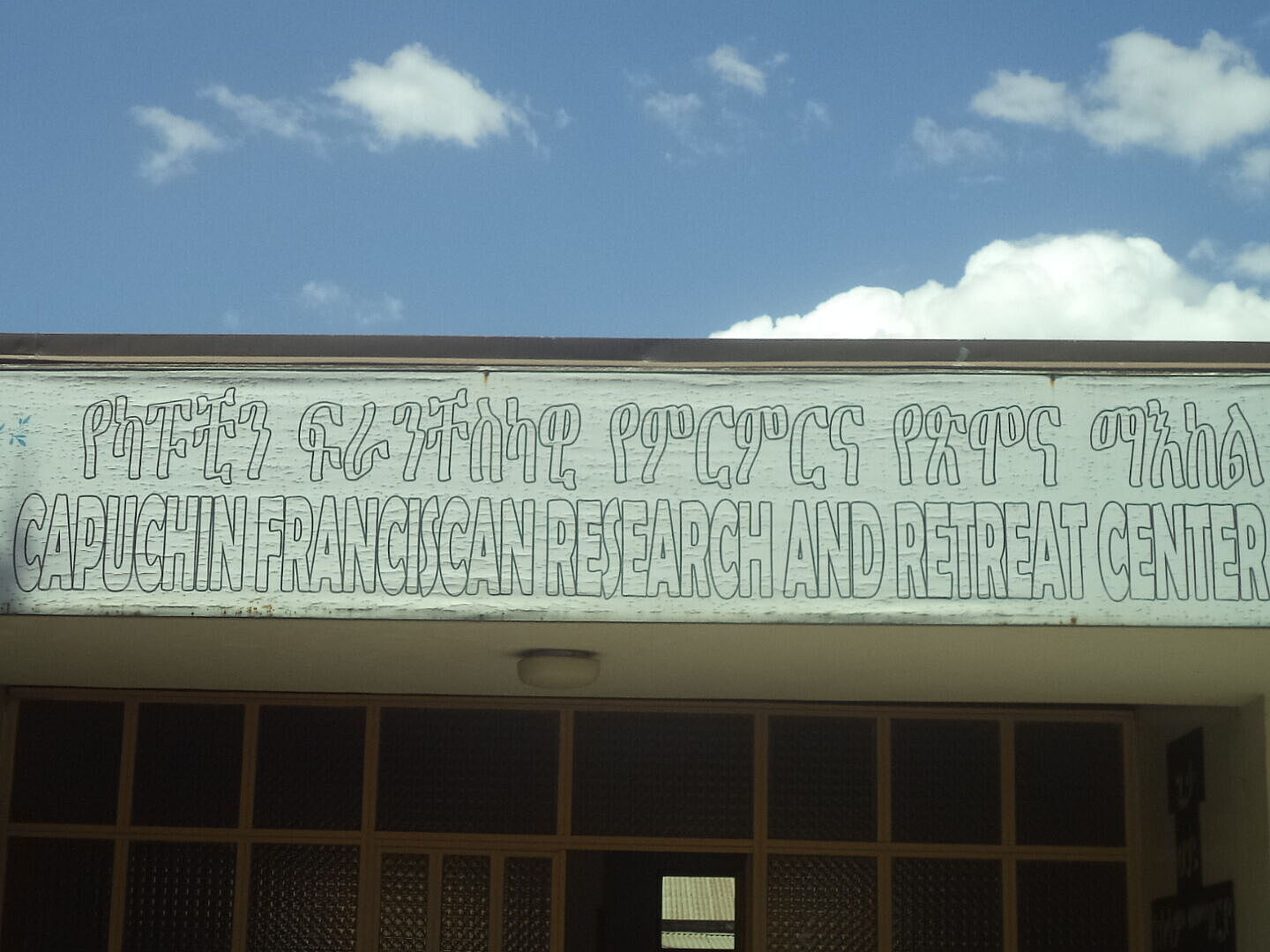
The Centre is an autonomous institution under the Capuchin Custody of Ethiopia. It has signed a memorandum of Agreement with the Catholic University of Saint Thomas Aquinas, ECUSTA. The center is located within the compound of Saint Francis Friary, in North West of Addis Ababa, Ethiopia.
The center has two branches:
- The research wing is also known by the name “Awde Ethiopia”. It organizes national and international conferences on Literature, Art, Philosophy, Theology, Ancient Languages and Ethiopian Values. It also conducts research projects with Ethiopian and foreign scholars. It publishes research books and an annual journal.
- The retreat wing organizes or hosts spiritual retreats, workshops and spiritual conversations.
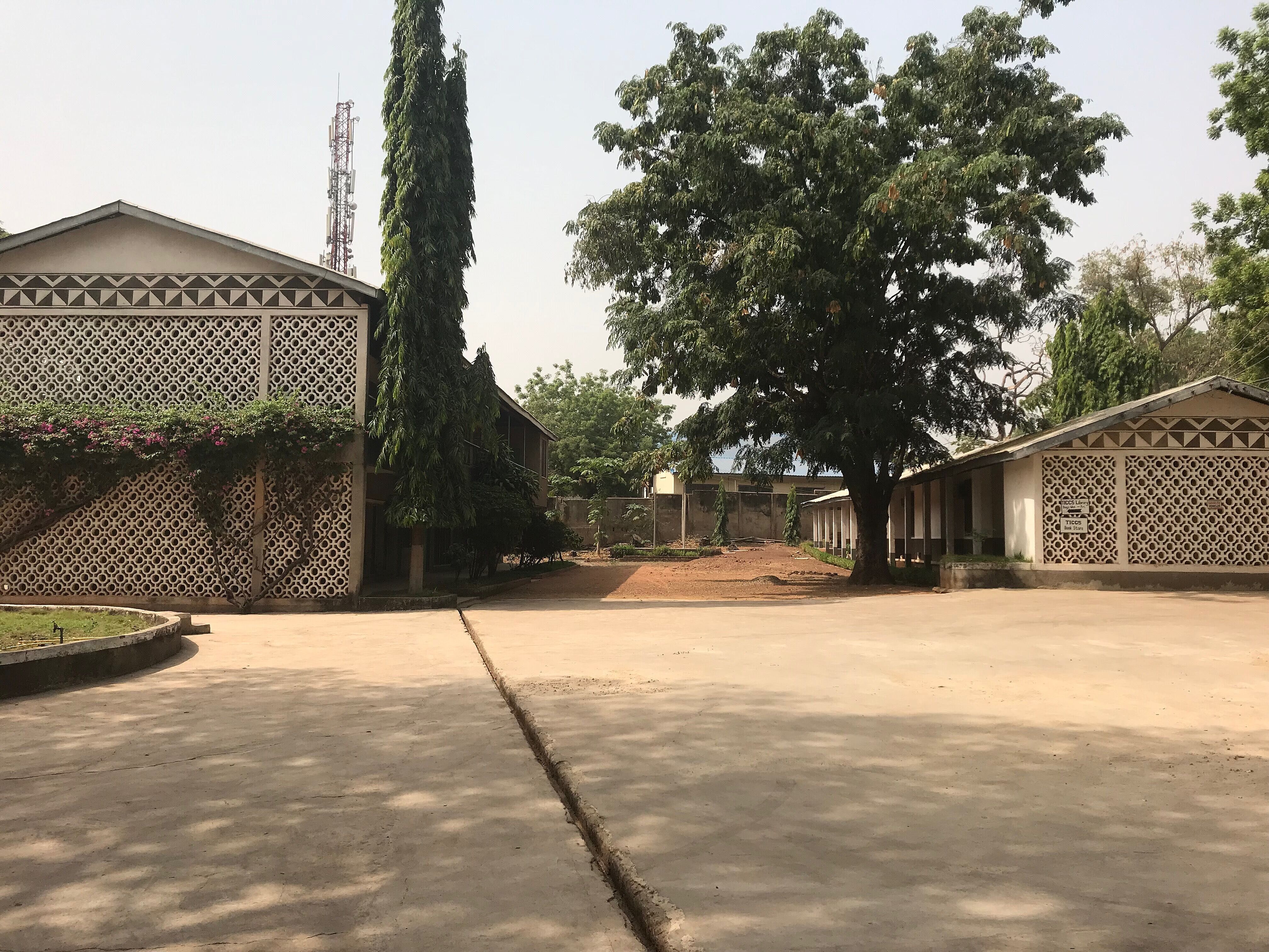
The Tamale Institute of Cross-Cultural Studies is a research and teaching institute of the Society of the Divine Word (SVD) Ghana-Liberia Province, and the Catholic Archdiocese of Tamale. TICCS is situated in Northern Ghana.
TICCS was founded in 1983 by Dr. Jon Kirby SVD. The objective to set up TICCS sprung from the need to help situate Christian ministry and culture-sensitive development practice within local cultural contexts. Also, TICCS was inspired by the idea of culture-specific ministries which has its origin in the document Ad Gentes of the Second Vatican Council where local churches were challenged to start doing inculturated ministries.

AMECEA Gaba Publications is a publishing arm of the AMECEA (Association Member Episcopal Conferences of Eastern Africa) bishops entrusted to the Catholic University of Eastern Africa. It disseminates pastoral literature addressing the needs of Pastoral Institutes in Africa and those of the local churches in the AMECEA region. The White Fathers (now Missionaries of Africa) founded the AMECEA Gaba Publications in 1958. The intention was to boost scholarly research among theologians and pastors in seminaries and parishes through the publication of books and a Journal that can be resourceful to the Church in Africa by addressing pastoral challenges. From its foundation AMECEA Gaba Publications collaborates closely with AMECEA Pastoral Institute (API).
AMECEA Gaba Publications Department is made up of three sections: the editorial section, the lay out and designing section and the marketing section. Editorial Section has two supporting organs, namely: the Editorial Advisory Board and Peer Reviewers Panel. These two bodies assist the editorial board in matters of professionalism to ensure that published materials are up to the standard. The AFER (African Ecclesial Review) being a referred international Journal has accrued respect in many university libraries globally. With focused attention for a bright future, the Publication plans to publish dictionaries and encyclopaedias on themes of interest for the Church in Africa, for instance: African theology, African Religion, the Ancestral Christology, Small Christian Communities (SCCs) and the like.
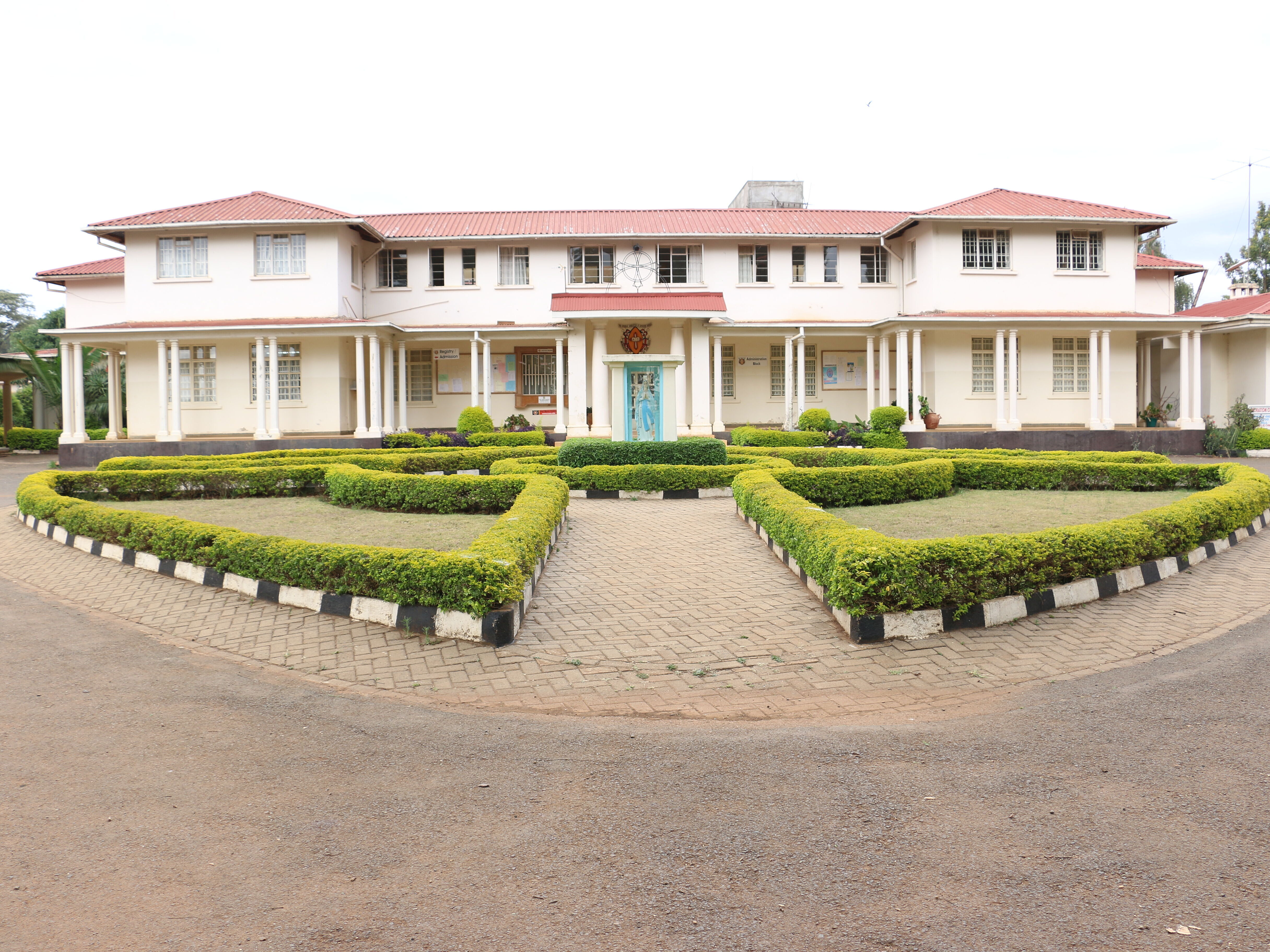
The AMECEA Pastoral Institute (API) is a Catholic Church Pastoral Institution. It was founded in 1967 at Ggaba, Uganda by the Association of Member Episcopal Conferences of Eastern Africa (AMECEA), which comprises the following countries: Ethiopia, Eritrea, Kenya, Uganda, Tanzania, South Sudan, Sudan, Malawi and Zambia (Djibouti and Somalia are affiliate members). The Institute was moved from Uganda to its current premises in Eldoret-Kenya in 1976 following the turmoil and instability that reigned in Uganda during the 1970s.
The Institute was elevated to the level of the campus of the Catholic University of Eastern Africa (CUEA) in July 2008 at the plenary meeting of the AMECEA bishops in Lusaka- Zambia. The Coordinator of the API is in charge of the academic matters of the institute. The institute however is run by the governing board comprising of seven members, representing the AMECEA bishops, the University Administration, the Campus leadership, and the teaching staff.
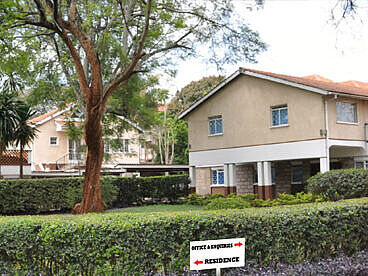
AMECEA is an acronym for “Association of Member Episcopal Conferences in Eastern Africa”. It is a Catholic service organization for the national Episcopal Conferences of the nine countries of Eastern Africa, namely Eritrea, Ethiopia, Kenya, Malawi, South Sudan, Sudan, Tanzania, Uganda and Zambia. Djibouti and Somalia are affiliate members. It is one of the nine regional Episcopal Conferences that form part of the Symposium of Episcopal Conferences of Africa and Madagascar (SECAM).
The history of AMECEA dates back to the Second Vatican Council. In fact, Statutes of the Association were officially approved during the Council in Rome in 1964. The same year, a Permanent Secretariat was established in Nairobi. AMECEA was preceded by ITBEA (Inter Territorial Board of Bishops in East and Central Africa). From being a forum for purposes of meeting to exchange ideas on key pastoral issues of common interest in the Region, AMECEA has grown from strength to strength to distinguish itself as one of the outstanding faith based models of collaboration and effective integration in Africa.
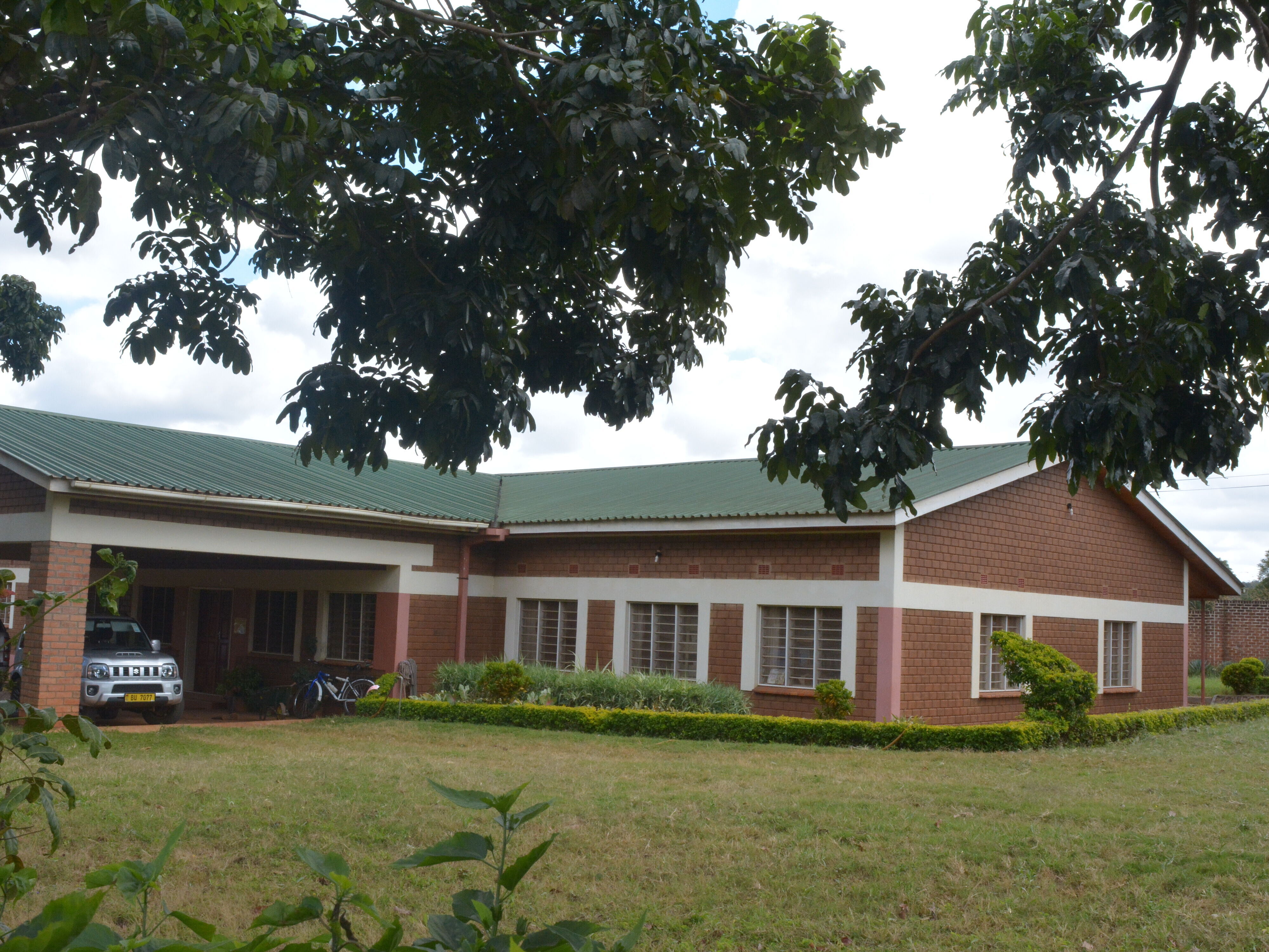
The Centre for Social Concern (CFSC) belongs and administered by the Missionaries of Africa in Malawi. It was founded in 2002. The Society of Missionaries of Africa, out of their charisms inspired by their founder, Cardinal Charles Lavigerie, have always and increasingly put greater stress on the link between Mission and Justice and Peace, Mission and the Integrity of Creation, Mission and Dialogue. The chapter of 1998 speaking in the language of its objectives and planning, proposed to all the members that they should integrate Justice and Peace and the Integrity of Creation (JPIC) as an essential dimension of their lives as missionaries, and promote Dialogue and Encounter with those who are of different religions and denominations respectively.
Since there was an increasing tendency of fundamentalism among mainline religious groups, both in Malawi as well as at the global level, especially after the September 11, 2001 attack, thus deeming the normal 'dialogue of life' insufficient with the increasing of religious prejudice, Missionaries of Africa in Malawi decided to have this Centre for Social Concern. The perspective was that a greater effort needed to be made to tackle prejudice and promote greater religious tolerance. The method followed was to do first, a fairly in-depth appraisal (fact-finding strategy) to find out what is happening in a specific area, and secondly, based on that to start some interventions, which would lead to greater tolerance among the people of Malawi; hence, the establishment of the Centre for Social Concern (CFSC)
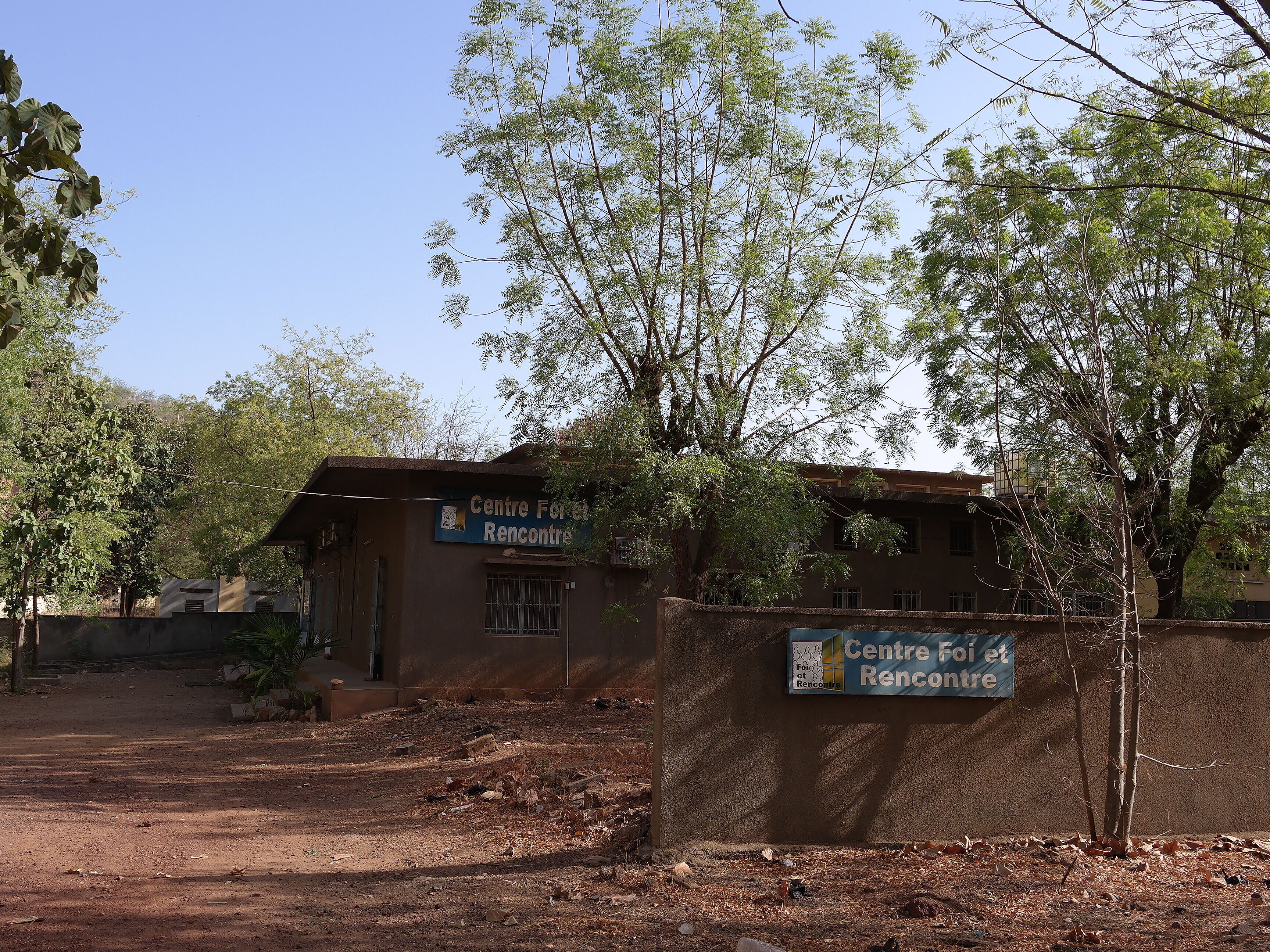
The “Institut de Formation Islamo-Chrétienne” (I.F.IC) is located at Hamdallaye in Bamako, Mali, West Africa; it is an initiative of the Society of the Missionaries of Africa (white fathers) and was created in October 2007 in Bamako.
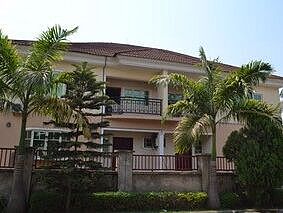
Lux Terra Leadership Foundation is a non-profit founded by Revd Dr George Omaku Ehusani and registered with the Nigerian Corporate Affairs Commission, January 06, 2006, with its board members drawn from various disciplines.
Lux Terra Leadership Foundation is a multiple resource outfit and training facility whose purpose is to expose leaders and potential leaders to the dynamics of purposeful, visionary, transformative and inspiring servant leadership.
In answer to the violent activities of Boko Haram sect in Nigeria, the Foundation mounted an Inter-Faith Activity and Partnership for Peace (IFAPP) platform in partnership with the Islamic Education Trust (IET) to provide a robust public discussion and discourse on how to change religious hate narrative in Nigeria. This initiative attracted other interfaith partnership activities with local and international stakeholders.
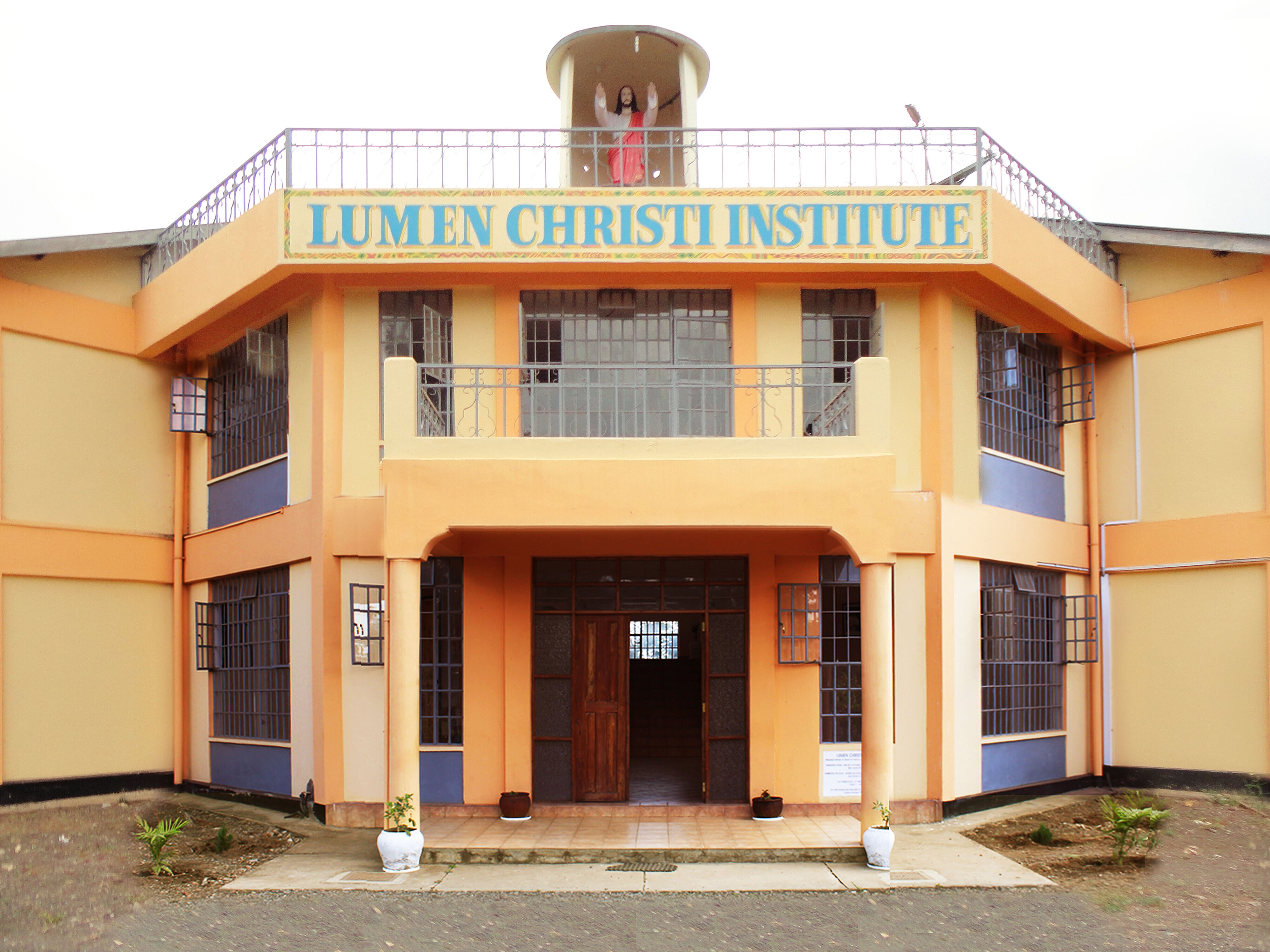
Lumen Christi Institute (LCI), Arusha, Tanzania is a mission institute of the Missionaries of St. Francis De Sales (MSFS). The MSFS Congregation (also known as Fransalians) was founded by Servant of God Fr. Peter Marie Mermier at Annecy, France in 1838. The main thrust of our charism is pioneering evangelization through parish missions, social work, formal and non-formal education, vocational education, running orphanages, dispensaries, and youth ministry. The Extra-Ordinary General Chapter of the Congregation in 2003, reflecting on the increasing number of new MSFS foundations and the impact of such a widespread presence of the Congregation in the African continent, envisioned the establishment of a Mission Institute in Africa as a common venture of the entire Congregation, which includes a department of Philosophy and a centre for Pastoral Animation and Social Work for the whole of Africa, under the direct jurisdiction of the Superior General. Accordingly the Lumen Christi Institute, situated in Maji ya Chai village in Arumeru district of Arusha Region of Tanzania started functioning, offering various courses from September 2010.
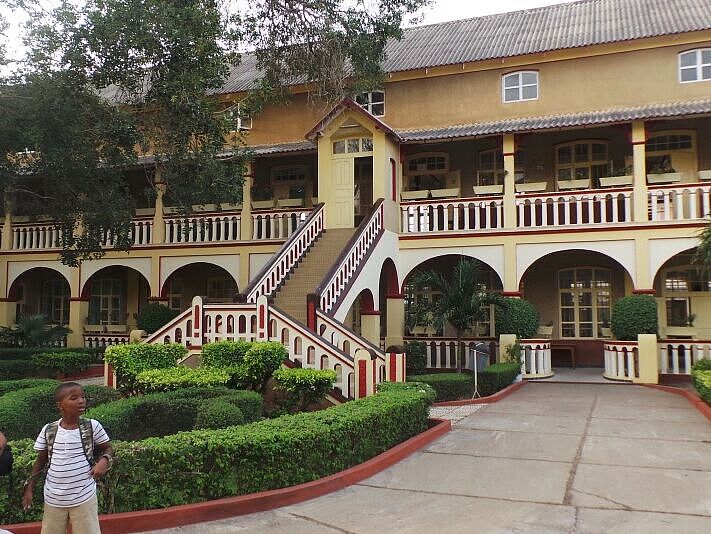
The Religious Pedagogical Institute of Lomé was founded 1988 by late Father Dieter Skweres, a German Missionary of the Society of Divine Word (SVD). Commonly called Institute Saint Paul (ISP), this Institute was created on behalf of the Archbishop Casmir Tonyuie Dosseh-Anyron for the Archdiocese of Lomé.
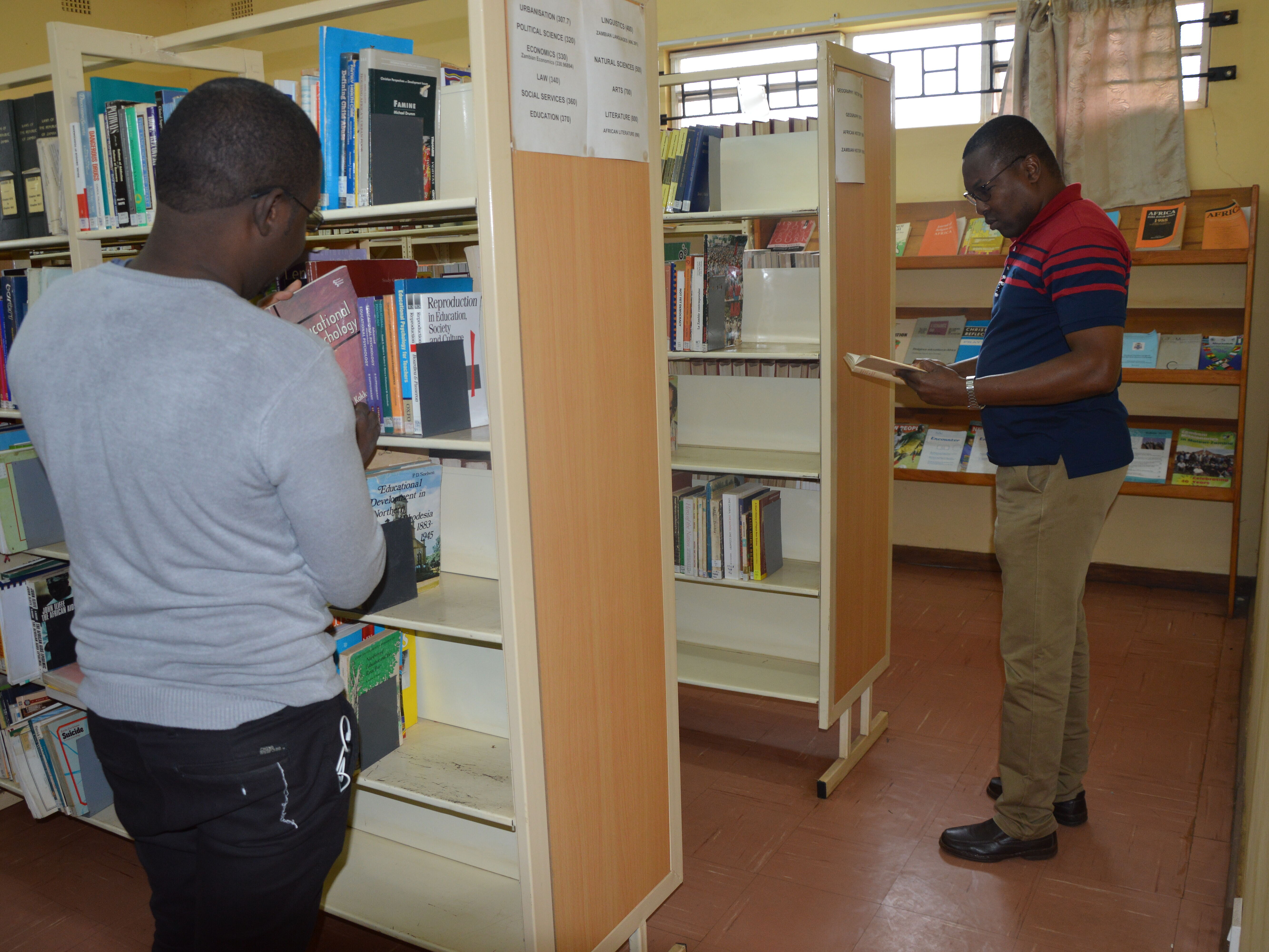
Faith and Encounter Centre Zambia (shortened as FENZA) is a pastoral centre devoted to faiths and cultures in Zambia. It is based in Lusaka. FENZA is a project of the Missionaries of Africa or White Fathers. It was established in 2007 with the backing of the catholic Bishops of Zambia. It was created in the wake of the first African Synod to help the Church in Zambia to respond to the new evangelisation with regards to culture and to foster the Church’s mission to others. Inspired by the first African Synod call for an in-depth evangelization through inculturation and dialogue, FENZA engages in research and promotes reflection on matters of pastoral interests particularly in the fields of encounter with culture, ecumenism, and interreligious dialogue.
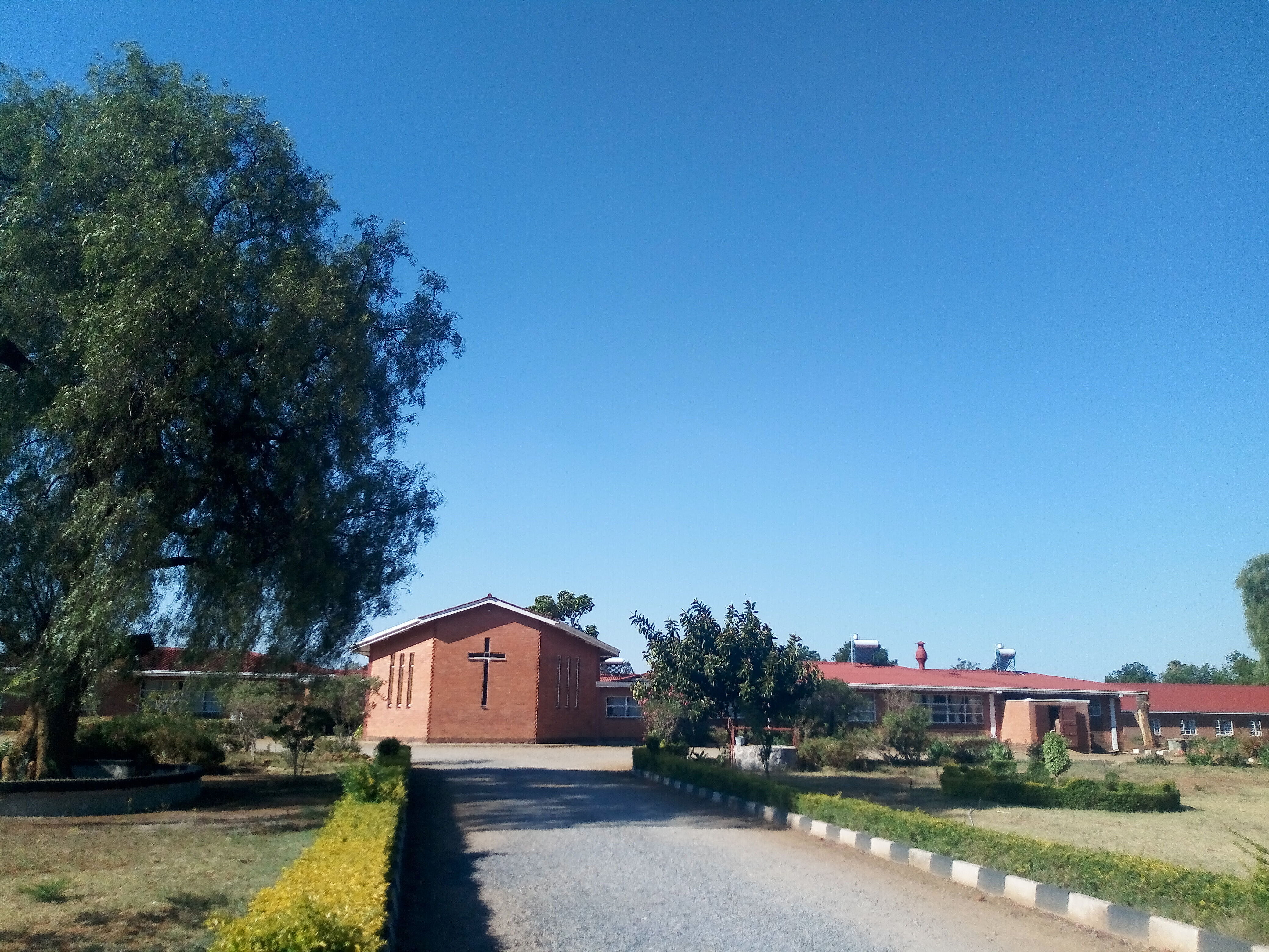
Emthonjeni Pastoral Centre in Zimbabwe was the brainchild of Archbishop Henry Karlen in the 1970s when the then diocese of Bulawayo had a Mobile Teaching Team comprising of two priests, the religious and two catechists. This team was to do outreach programmes in the missions so as to form Small Christian Communities and to train pastoral teams. The idea of a Pastoral Centre was mooted for a long time although there was no readily available land and funds to establish it. Its function was to provide in-house pastoral and catechetical courses.
In 1979 the diocese bought part of Parklands property from the Dominican nuns. The Bishop engaged in frantic fundraising campaigns especially from abroad. In 1985 the Pastoral Centre was built to completion and commissioned on 12 October 1985. It was named ‘Emthonjeni’, meaning “at the well”, that is a water source (cf. John 4:28). Since water is vital to life, the name implied that the Centre was to be a source and fountain of faith, hope, love, social justice and concern for the poor. It meant that the Centre must be a source from which the waters of spiritual life flow into the “gardens” of our communities. Its vision is enabling a self-supporting, self-ministering and self-propagating Church.
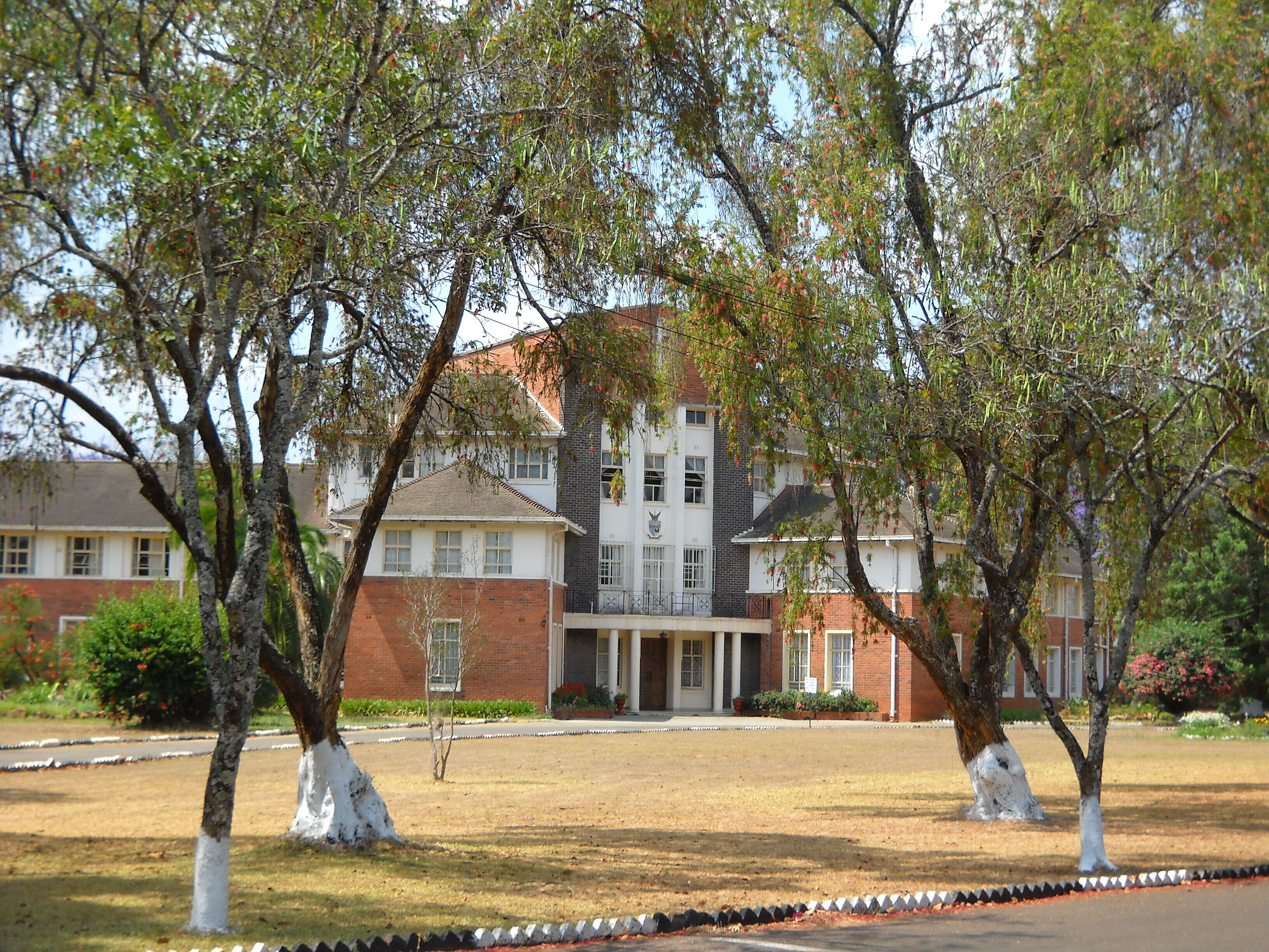
Wadzanai Training Centre is situated in Borrowdale, a suburb of Harare, about 12 km north of the city centre. The building was constructed by the Presentation Sisters in 1951. From 1951 to 1979, it was used as a Preparatory School for boys. During the 1970’s the revolutionary struggle in the Country intensified. Religious Congregations were forced to withdraw many of their sisters from rural missions. Religious Superiors saw this as an opportunity to give their sisters the time to upgrade their basic education, but where? The regular school was not the ideal environment. Thus, on the 1st of April 1979, the Presentation Sisters responded to the need by making their building in Borrowdale available to the Conference of Religious Superiors.
Thus, on the 1st of April 1979, before Independence which came in 1980, Wadzanai was started with the brave ideal of a joint effort by all the women Religious Congregations. Hence the name ‘Wadzanai’ (meaning “coming together, working together”) was chosen. The Centre offered Junior Certificate and Ordinary level examinations. After Independence many Ex-Combatants had been dismissed from camps. They needed both psychological and spiritual help to fit back into society and earn their living and Wadzanai provided that opportunity. In addition, spiritual formation and catechetical training, pastoral training, dressmaking, adult literacy classes were provided.
The Catechetical course which lasted over twelve months was thorough and intensive. Those qualified were enthusiastic but back in their parishes there was very little remuneration for their contribution. Negotiations with the University of Zimbabwe in 1994, requesting that Wadzanai become a Centre for those willing to pursue a Diploma in Religious Studies, were started and the first students received their diploma in 1996.

